Browse
by Subject: History (General)
View: By Date | Alphabetical | eBooks | Paperbacks
-
 Published October 2023
Published October 2023 Poverty Archaeology
Architecture, Material Culture and the Workhouse under the New Poor Law
Newman, C. & Fennelly, K.
The Poor Laws in the United Kingdom left a built and material legacy of over two centuries of legislative provision for the poor and infirm. Workhouses represent the first centralized, state-organized system for welfare. This volume forms a social archaeology of the lived experience of poverty and health in the nineteenth century.
Subjects: Archaeology History (General) Political and Economic Anthropology
eBook -
 Published September 2023
Published September 2023 Visions of Humanity
Historical Cultural Practices since 1850
Kunkel, S., Jessica Gienow-Hecht, J., & Jobs, S. (eds)
Visions of Humanity focuses on the promises and problems, the successes and the failures of “humanity” as an idea since the 19th century. Through an international set of contributions, the volume examines the hopes and ambiguities involved in constructing, invoking, and instrumentalizing the “we” of humanity.
Subjects: History (General) Cultural Studies (General)
eBook -
 Published August 2023
Published August 2023 Entertaining German Culture
Contemporary Transnational Television and Film
Ehrig, S., Schaper, B. & Ward, E. (eds)
In an increasingly transnational production of film and television, Entertaining German Culture explores and contextually thematizes a radical shift in the past fifteen years towards a profound appreciation of German cultural and intellectual history in the international mainstream.
Subjects: Film and Television Studies Media Studies History (General)
-
 Published July 2023
Published July 2023 Thinking Russia's History Environmentally
Evtuhov, C., Lajus, J., & Moon, D. (eds)
Thinking Russia’s History Environmentallybrings together an international set of scholars to showcase the contribution that the study of Russian environments makes to the global environmental field. It challenges the stereotypes of Russian history, highlighting lesser-known features of the nation’s environments…
Subjects: History (General) Environmental Studies (General)
eBook -
 Published July 2023
Published July 2023 Innovation and Implementation
Critical Reflections on New Approaches to Historic Mortuary Data Collection, Analysis, and Dissemination
Mytum, H. & Veit, R. (eds)
Providing a comprehensive set of guidance to assist researchers wishing to carry out, curate and disseminate field research at a historic burial ground, chapters offer up to date methods for surface and subsurface survey and for the recording and archiving of burial monument data. Also included is the archaeological potential of pet cemeteries and other pet memorials.
Subjects: Archaeology History (General) Anthropology (General)
eBook -
 Published May 2023
Published May 2023 Gender in Germany and Beyond
Exploring the Legacy of Jean Quataert
Evans, J. V. & Rose, S. E. (eds)
Jean Quataert’s former students, colleagues, and collaborators come together in Gender in Germany and Beyond to not only celebrate Quataert’s shaping of the field of modern German, Women’s and transnational history, but also to expand on that scholarship, setting a precedent for the future of the field.
Subjects: History (General) Gender Studies and Sexuality
eBook -
 Published April 2023
Published April 2023 Kharkov/Kharkiv
A Borderland Capital
Kravchenko, V.
Kharkiv, Ukraine’s second largest city located on the Ukrainian-Russian historical borderland, has often been overlooked given its historic role. Kharkov/Kharkov for the first time uncovers the city’s long history, from the 17th century to today, and its process of becoming a borderland and undergoing regional reconfiguration, modernization and development of national mythologies.
Subjects: History (General) Urban Studies
eBook -
 Published April 2023
Published April 2023 Advocacy and Archaeology
Urban Intersections
Britt, K. M. & George, D. F. (eds)
Inspired by the idea of revolution and excitement about the ways archaeology is being used in social justice arenas, this volume seeks to visualize archaeology as part of a movement by redefining what archaeology is and does for the greater good.
Subjects: Archaeology History (General) Political and Economic Anthropology
eBook -
 Published March 2023
Published March 2023 Modeling the Past
Archaeology, History, and Dynamic Networks
Terrell, J., Golitko, M., Dawson, H., and Kissel, M.
Using this handbook, researchers learn to develop historical and archaeological research questions anchored in dynamic network analysis (DYRA). Undergraduate and graduate students, as well as professional historians and archaeologists can consult on issues that range from hypothesis-driven research to critiquing dominant historical narratives, especially those that have tended ignore the diversity of the archaeological record.
Subjects: Archaeology History (General) Anthropology (General)
eBook -
 Published March 2023
Published March 2023 Former Neighbors, Future Allies?
German Studies and Ethnography in Dialogue
Weber, A. D. (ed)
Former Neighbors, Future Allies is a key bridge into the research and perspectives needed to nurture ethnography’s growing role in German studies. This volume creates a space for dialogue between North American Germanists and ethnographers in and of the German-speaking world, enriching both fields in the process.
Subjects: History (General) Anthropology (General)
eBook -
 Published February 2023
Published February 2023 The Long Shore
Archaeologies and Social Histories of Californias Maritime Cultural Landscapes
Meniketti, M. (ed)
Authors investigate the multifaceted character of maritime landscapes and maritime oriented communities in California’s equally diverse cultural landscape; viewed through an archaeological lens, and emphasizing social behavior and community as material culture in order to reveal intersections and commonalities.
Subjects: Archaeology History (General) Anthropology (General)
eBook -
 Published February 2023
Published February 2023 The Origins of German Self-Cultivation
Bildung and the Future of the Humanities
Ham, J., Kinzel, U., & Pan, D. T.-c. (eds)
Informing current debate about the future of the humanities, this volume focuses discussions on the Bildung’s original German context using a multi-disciplinary perspective root out the interesting ways that Bildung continues to shape our understanding of self-formation.
Subjects: History (General) Educational Studies
eBook -
 Published January 2023
Published January 2023 Reparative Citizenship for Sephardi Descendants
Returning to the Jewish Past in Spain and Portugal
Kandiyoti, D. & Benmayor, R. (eds)
In 2015, both Portugal and Spain passed laws enabling descendants of Sephardi Jews to obtain citizenship, an historic offer of reconciliation. Drawing from scholarly and first-person essays, Reparative Citizenship for Sephardi Descendants analyzes the memory and afterlives of those who were wronged, and how reconciliatory rights impact the lives of those affected.
Subjects: History (General) Cultural Studies (General) History: 20th Century to Present
eBook -
 Published December 2022
Published December 2022 Taking Our Water for the City
The Archaeology of New York City’s Watershed Communities
Beisaw, A. M.
Tap water enables the development of cities in locations with insufficient natural resources to support such populations. This archaeological examination of the New York City watershed reveals the cultural costs of urban water systems. Urban water systems do more than reroute water from one place to another. At best, they redefine communities. At worst, they erase them.
Subjects: Archaeology History (General) Political and Economic Anthropology
eBook -
 Published December 2022
Published December 2022 The Politics of Making Kinship
Historical and Anthropological Perspectives
Alber, E. (ed)
Leading us beyond current narratives on the decline of kinship which assume kinship’s existence since the dawn of civilization, The Politics of Making Kinship interrogates kinship’s geneses, constructions, elaborations, implementations, and enforcing agents across a long view of European history, and demonstrates how kinship is woven through modern societies.
Subjects: History (General) Political and Economic Anthropology Anthropology (General)
eBook -
 Published September 2022
Published September 2022 Critical Public Archaeology
Confronting Social Challenges in the 21st Century
Westmont, V. C. (ed)
Critical approaches to public archaeology have been in use since the 1980s, however only recently have archaeologists begun using critical theory in conjunction with public archaeology to challenge dominant narratives of the past. This volume brings together current work on the theory and practice of critical public archaeology from Europe and the United States to illustrate the ways that implementing critical approaches can introduce new understandings of the past and reveal new insights on the present.
Subjects: Archaeology Anthropology (General) History (General)
eBook
Paperback available -
 Published September 2022
Published September 2022 Managing Sacralities
Competing and Converging Claims of Religious Heritage
Hemel, E. van den, Salemink†, O., & Stengs, I. (eds)
What happens when religious sites, objects and practices become cultural heritage? Case studies from Denmark, the Netherlands, Poland, Portugal and the United Kingdom present an analysis of the paradoxes and challenges that arise when religious sites are transformed into heritage.
Subjects: Heritage Studies History (General) Anthropology of Religion
Paperback available -
 Published July 2022
Published July 2022 Field Manual for the Archaeology of Ritual, Religion, and Magic
Augé , C. R.
By bringing together in one place specific objects, materials, and features indicating ritual, religious, or magical belief used by people around the world and through time, this tool will assist archaeologists in identifying evidence of belief-related behaviors and broadening their understanding of how those behaviors may also be seen through less obvious evidential lines.
Subjects: Archaeology History (General) Anthropology of Religion
eBook
Paperback available -
 Published July 2022
Published July 2022 Heritage, Gentrification and Resistance in the Neoliberal City
Hammami, F., Jewesbury, D., & Valli, C. (eds)
What happens when versions of the past become silenced, suppressed or privileged due to urban restructuring? In this volume, the authors explore a variety of attempts to interrupt and interrogate urban restructuring, and to imagine alternative forms of urban organization, produced by diverse coalitions of resisting groups and individuals. Armed with historical narratives, oral histories, objects, physical built environment, memorials and intangible aspects of heritage that include traditions, local knowledge, experiences and memories, authors challenge the ‘devaluation’ of their neighbourhoods in official heritage and development narratives.
Subjects: Heritage Studies Cultural Studies (General) History (General)
eBook -
 Published June 2022
Published June 2022 Ethnographers Before Malinowski
Pioneers of Anthropological Fieldwork, 1870-1922
Rosa, F. & Vermeulen, H. F. (eds)
At a time when anthropologists claim new ethnographic experiences, a second chance should be given to older ethnographic texts. Recovering monographs produced c.1870-1922 that dispute canonic models of writing culture, the present volume challenges the assumption that fieldwork carried out within a single context by a single individual, with its corresponding output, the monograph, was a twentieth-century invention.
Subjects: Anthropology (General) History (General) Colonial History
eBook
Paperback available -
 Published March 2022
Published March 2022 Forging Architectural Tradition
National Narratives, Monument Preservation and Architectural Work in the Nineteenth Century
Damjanović, D. & Łupienko, Al. (eds)
During the nineteenth century, a change developed in the way architectural objects from the distant past were viewed by contemporaries. Architectural heritage often was (and still is) an important element of nation building. Authors address the process of building national myths around certain architectural objects. National narratives are questioned, as is the position architectural heritage played in the nineteenth and the early twentieth centuries.
Subjects: Heritage Studies History (General) Cultural Studies (General)
eBook -
 Published February 2022
Published February 2022 Times of History, Times of Nature
Temporalization and the Limits of Modern Knowledge
Ekstrom, A. & Bergwik, S. (eds)
Times of History, Times of Nature engages with this historical shift in temporal sensibilities through a combination of detailed case studies and synthesizing efforts. Focusing on the history of knowledge, media theory, and environmental humanities, this volume explores the rich and nuanced notions of time and temporality that have emerged in response to climate change.
Subjects: History (General) Environmental Studies (General) Media Studies
Paperback available -
 Published June 2021
Published June 2021 In Memory of Times to Come
Ironies of History in Southeastern Papua New Guinea
Demian, M.
Drawing on twenty years of research, this book examines the historical perspective of a Pacific people who saw “globalization” come and go. It asks the question: What does it mean to claim that global connections are in the past rather than the present or the future?
Subjects: Anthropology (General) History (General) Cultural Studies (General)
eBook
Paperback available -
 Published May 2021
Published May 2021 To See a Moose
The History of Polish Sex Education
Kościańska, A.
Guiding the reader through the development of sex education in Poland, Agnieszka Kościańska looks at how it has changed from the 19th century to the present day. The book also identifies the women and men who changed the way sex was written about in the country, and how they established the field of Polish sexology.
Subjects: Anthropology (General) Gender Studies and Sexuality History (General)
eBook -
 Published May 2021
Published May 2021 Analysing Historical Narratives
On Academic, Popular and Educational Framings of the Past
Berger, S., Brauch, N., & Lorenz, C. (eds)
From ancient Greece to modern-day bestsellers, the studies gathered in Analysing Historical Narratives offer a wide-ranging look at the techniques used by historical texts, showing how in spite of the pursuit of objectivity, narrative strategies inevitably derive from historians’ contemporary concerns.
Subject: History (General)
eBook
Paperback available -
 Published January 2021
Published January 2021 Imagining Bosnian Muslims in Central Europe
Representations, Transfers and Exchanges
Šístek, F. (ed)
As a Slavic-speaking religious and ethnic “Other” living just a stone’s throw from the symbolic heart of the continent, the Muslim peoples of Bosnia and Herzegovina have long occupied a liminal space in the European imagination. This volume assembles contributions from historians, anthropologists, political scientists, and literary scholars to examine the political, social, and discursive dimensions of Bosnian Muslims’ encounter with the West.
Subjects: History (General) Anthropology of Religion
eBook -
 Published January 2021
Published January 2021 Commerce as Politics
The Two Centuries of Struggle for Basotho Economic Independence
Maliehe, S. M.
This is the first comprehensive economic history of the Basotho people of Southern Africa and spans from the 1820s to the present day. The book documents what the Basotho have done on their own account, focusing on their systematic exclusion from trade and their political efforts to insert themselves into their country’s commerce.
Subjects: History (General) Political and Economic Anthropology Colonial History
eBook -
 Published November 2020
Published November 2020 Politics of the Dunes
Poetry, Architecture, and Coloniality at the Open City
Woods, M.
Politics of the Dunes explores the ways in which the Open City’s architectural and urban practice is devoted to keeping open the utopian possibility for multiplicity, pluralism, and democratization in the face of authoritarianism, a powerful mode of postcolonial environmental urbanism that can inform architectural practices today.
Subjects: Urban Studies Sociology History (General)
eBook -
 Published November 2020
Published November 2020 Collective and State Violence in Turkey
The Construction of a National Identity from Empire to Nation-State
Astourian, S. & Kévorkian, R. (eds)
Collective and State Violence in Turkey provides a wide range of case studies and historiographical reflections on the alarming recurrence of violence in Turkish history, as atrocities against varied ethnic-religious groups from the nineteenth century to today have propelled the nation’s very sense of itself.
Subjects: History (General) Genocide History Peace and Conflict Studies
eBook -
 Published September 2020
Published September 2020 Reconciliation Road
Willy Brandt, Ostpolitik and the Quest for European Peace
Schoenborn, B.
Based on extensive research in Brandt’s personal archives, additional studies in international archives, and interviews with contemporary witnesses, this book traces Brandt’s nearly lifelong efforts towards the full reintegration of a united Germany into the community of European countries.
Subjects: History (General) History: 20th Century to Present Peace and Conflict Studies
eBook -
 Published August 2020
Published August 2020 Financialization
Relational Approaches
Hann, C. & Kalb, D. (eds)
Beginning with an original historical vision of financialization in human history, this volume then continues with a rich set of contemporary ethnographic case studies from Europe, Asia and Africa. Authors explore how finance influences social and economic structures in different environments.
Subjects: Anthropology (General) Political and Economic Anthropology History (General)
eBook
Paperback available -
 Published July 2020
Published July 2020 Agency in Transnational Memory Politics
Wüstenberg, J. & Sierp, A. (eds)
This volume brings together theoretical and practical considerations to provide transnational memory scholars with an interdisciplinary investigation into agency—the “who” and the “how” of cross-border commemoration that motivates activists and fascinates observers.
Subjects: History (General) Sociology Memory Studies
eBook
Paperback available -
 Published June 2020
Published June 2020 Ours Once More
Folklore, Ideology, and the Making of Modern Greece
Herzfeld, M.
When this work – one that contributes to both the history and anthropology fields – first appeared in 1982, it was hailed as a landmark study of the role of folklore in nation-building. In this expanded edition, a new introduction by the author and a foreword by Sharon Macdonald document its importance for current debates about Greece’s often contested place in the complex politics of the European Union.
Subjects: Anthropology (General) History (General)
eBook
Paperback available -
 Published June 2020
Published June 2020 Conservation’s Roots
Managing for Sustainability in Preindustrial Europe, 1100–1800
Dowling, A. P. & Keyser, R. (eds)
Conservation’s Roots illuminates the diversity of practices in premodern environmental history across Europe from the Middle Ages to the brink of modernity. It emphasizes that the ways in which we currently understand “conservation” in the West, which is generally presumed to be a modern invention, are deeply rooted in the environmental practices and regulation of medieval and early modern Europe.
Subjects: History (General) Environmental Studies (General)
eBook -
 Published June 2020
Published June 2020 Timber, Sail, and Rail
An Archaeology of Industry, Immigration, and the Loma Prieta Mill
Meniketti, M.
While taking a critical look at the labor and social issues related to timber, the story of labor, immigration, and development around the San Francisco Bay region is told through the lens of an archaeological case study of a major player of the timber industry between 1885 and 1920. Timber, Sail, and Rail recounts the mill operations and broadly examines its intersections with other industries, such as shipping, brick manufacture, rail companies, lime production, and other lesser enterprises.
Subjects: Archaeology History (General) Transport Studies
eBook -
 Published April 2020
Published April 2020 Protest, Youth and Precariousness
The Unfinished Fight against Austerity in Portugal
Carmo, R. M. & Vasconcelos Simões, J. A. (eds)
After over a decade of austerity in the wake of the 2008 financial crisis, what lies next for European societies? This edited collection brings together sociologists, social movement specialists, political scientists, and other scholars to look specifically at how Portuguese youth have navigated this politically and economically difficult period.
Subjects: Sociology Political and Economic Anthropology History (General)
eBook -
 Published April 2020
Published April 2020 Permeable Borders
History, Theory, Policy, and Practice in the United States
Otto, P. & Berthier-Foglar, S. (eds)
This boldly interdisciplinary volume explores the ways that historical and contemporary actors in the U.S. have crossed such borders—whether national, cultural, ethnic, racial, or conceptual. These essays suggest new ways to understand borders while encouraging connection and exchange, even as social and political forces continue to try to draw lines around and between people.
Subjects: History (General) Mobility Studies Cultural Studies (General)
eBook -
 Published March 2020
Published March 2020 Not Even Past
How the United States Ends Wars
Fitzgerald, D., Ryan, D., & Thompson, J. M. (eds)
This volume brings together international experts on American history and foreign affairs to assess the cumulative impact of the United States’ efforts to end wars. It offers essential perspectives on both the Cold War and post-9/11 eras and demonstrates just how high the stakes are as the US confronts the possibility of war without end.
Subjects: Peace and Conflict Studies History: 20th Century to Present History (General)
eBook
Paperback available -
 Published March 2020
Published March 2020 Friendship without Borders
Women's Stories of Power, Politics, and Everyday Life across East and West Germany
Leask, P.
Drawing on a set of interviews and a thousand letters written over fifty years, Friendship, Power, and Everyday Life considers how a group of women, self-defined as non-political, experienced, accepted, rejected, or countered the exercise of power across twentieth-century regimes in Germany.
Subjects: History (General) Sociology Gender Studies and Sexuality
eBook
Paperback available -
 Published February 2020
Published February 2020 A U-Turn to the Future
Sustainable Urban Mobility since 1850
Emanuel, M., Schipper. F., & Oldenziel, R. (eds)
Unsustainable practices since the Industrial Revolution still impact our everyday lives. This book looks at how we can achieve sustainable urban mobility now and in the future by tapping into our knowledge of the historical trajectories leading up to the features of modern mobility in cities today.
Subjects: Mobility Studies History (General) Urban Studies Transport Studies
eBook
Paperback available -
 Published January 2020
Published January 2020 On Violence in History
Dwyer, P. & Micale, M. S. (eds)
Is global violence on the decline? Steven Pinker’s highly-publicized argument that human violence across the world has been dramatically abating continues to influence discourse among academics and the general public alike.
Subjects: History (General) Sociology
eBook
Paperback available -
 Published December 2019
Published December 2019 Nationalism Revisited
Austrian Social Closure from Romanticism to the Digital Age
Karner, C.
Focused on the German-speaking parts of the former Habsburg Empire, this book offers a series of analyses of the interplay of nationalism’s discursive and institutional facets. Christian Karner develops a distinctive, longue durée perspective on Austrian nationalism, which traces nationalist politics from the late eighteenth century to today’s digital age.
Subjects: History (General) Sociology
eBook -
 Published December 2019
Published December 2019 An Archaeology of Unchecked Capitalism
From the American Rust Belt to the Developing World
Shackel, P. A.
By drawing parallels between the past and present – for example, the coal mines of the nineteenth-century northeastern Pennsylvania and the sweatshops of the twenty-first century in Bangladesh – we can have difficult conversations about the past and advance our commitment to address social justice issues.
Subjects: Archaeology History (General) Political and Economic Anthropology
eBook -
 Published November 2019
Published November 2019 Born a Slave, Died a Pioneer
Nathan Harrison and the Historical Archaeology of Legend
Mallios, S.
Few people in the history of the United States embody ideals of the American Dream more than Nathan Harrison. His is a story with prominent themes of overcoming staggering obstacles, forging something-from-nothing, and evincing gritty perseverance. This book uses spectacular recent discoveries from the Nathan Harrison cabin site to offer new insights and perspectives into this most American biography.
Subjects: Archaeology Heritage Studies History (General) Anthropology (General)
eBook
Paperback available -
 Published September 2019
Published September 2019 The Vampire
Origins of a European Myth
Bohn, T. M.
Drawing on a wealth of heretofore neglected sources from multiple languages, this book gives a fascinating account of how vampires—whose various incarnations originally developed within the folk traditions of societies throughout the world—came to be inextricably tied to Eastern Europe in the popular imagination.
Subjects: Sociology Literary Studies History (General) Cultural Studies (General)
eBook
Paperback available -
 Published September 2019
Published September 2019 The Force of Comparison
A New Perspective on Modern European History and the Contemporary World
Steinmetz, W. (ed)
Drawing on a range of multidisciplinary perspectives, this volume investigates the concepts and practices of comparison from the early modern period to the present. Each contribution demonstrates how comparison has helped to drive the seemingly irresistible dynamism of the modern world, with a particular focus on what comparison looks like “in action.”
Subject: History (General)
eBook -
 Published August 2019
Published August 2019 In Search of European Liberalisms
Concepts, Languages, Ideologies
Freeden, M., Fernández-Sebastián, J. & Leonhard, J. (eds)
This comprehensive study takes a fresh look at the diverse understandings and interpretations of the concept of liberalism in Europe during the last several centuries, encompassing not just the familiar movements, doctrines, and political parties that fall under the heading of “liberal” but also the intertwined historical currents of thought behind them.
Subject: History (General)
eBook
Paperback available -
 Published August 2019
Published August 2019 When Will We Talk About Hitler?
German Students and the Nazi Past
Oeser, A.
What do ordinary Germans think of their country’s Nazi past? Do young Germans just want to "move on?" Combining observation, interviews, and archival work, the studies conducted in this book explore these questions to reveal the complexity of history and how young Germans view Nazism’s place in contemporary society.
Subjects: History (General) Educational Studies Anthropology (General) Memory Studies
eBook
Paperback available -
 Published June 2019
Published June 2019 Invisible Founders
How Two Centuries of African American Families Transformed a Plantation into a College
Rainville, L.
Literal and metaphorical excavations at Sweet Briar College reveal how African American labor enabled the transformation of Sweet Briar Plantation into a private women’s college in 1906. Despite being built and maintained by African American families, the college did not integrate its student body for sixty years after it opened. Invisible Founders challenges our ideas of what a college “founder” is, restoring African American narratives to their deserved and central place in the story of a single institution.
Subjects: Archaeology History (General) Educational Studies Heritage Studies
eBook
Paperback available -
 Published June 2019
Published June 2019 Encounters with Emotions
Negotiating Cultural Differences since Early Modernity
Gammerl, B., Nielsen, P., & Pernau, M. (eds)
Spanning Europe, Asia and the Pacific, Encounters with Emotions investigates experiences of face-to-face transcultural encounters from the seventeenth century to the present. The case-studies presented in this volume explore the cultural aspects of nature and the bodily dimensions of nurture in order to trace the historical trajectories that shape our understandings of current cultural boundaries and effects of globalization.
Subjects: History (General) Anthropology (General) Cultural Studies (General)
eBook -
 Published May 2019
Published May 2019 Gustav Stresemann
The Crossover Artist
Pohl, K. H.
Gustav Stresemann has become a steadfast icon and key figure in understanding contemporary German and European history. Renowned historian Karl Heinrich Pohl draws on new archival material and extensive research to supplement our previous knowledge of Stresmann’s life and work.
Subjects: History: 18th/19th Century History: 20th Century to Present History (General)
eBook -
 Published May 2019
Published May 2019 Political Networks and Social Movements
Bolivian State–Society Relations under Evo Morales, 2006–2016
Valdivia Rivera, S.
Political Networks and Social Movements examines the relationship between the State and social movements under the administration of current Bolivian president Evo Morales. Author Soledad Valdivia Rivera analyzes how this linkage has come to transform the essence of the Bolivian political process as we know it.
Subjects: Sociology Political and Economic Anthropology History (General)
eBook -
 Published April 2019
Published April 2019 Magical House Protection
The Archaeology of Counter-Witchcraft
Hoggard, B.
Belief in magic and particularly the power of witchcraft was a deep and enduring presence in popular culture; people created and concealed many objects to protect themselves from harmful magic. Detailed are the principal forms of magical house protection in Britain and beyond from the fourteenth century to the present day.
Subjects: Archaeology History (General) Anthropology of Religion
eBook
Paperback available -
 Published April 2019
Published April 2019 The Engaged Historian
Perspectives on the Intersections of Politics, Activism and the Historical Profession
Berger, S. (ed)
Political action and historical research have been deeply intertwined for nearly as long as the historical profession has existed. In this insightful collection, practicing historians analyze, reflect on, and share their experiences of this complex relationship.
Subjects: History (General) Peace and Conflict Studies Sociology
eBook
Paperback available -
 Published March 2019
Published March 2019 Categories in Context
Gender and Work in France and Germany, 1900–Present
Berrebi-Hoffmann, I., Giraud, O., Renard, L., & Wobbe, T. (eds)
Despite the wealth of empirical research into the interrelationships of gender and labor available, little is known about the forms of classification and categorization shaping these social phenomena. Categories in Context enriches our understanding of how cognitive categories such as status, law, and rights have been produced, comprehended, appropriated, and eventually transformed in France and Germany.
Subjects: Gender Studies and Sexuality History (General) Sociology
eBook -
 Published January 2019
Published January 2019 The Changing Meanings of the Welfare State
Histories of a Key Concept in the Nordic Countries
Edling, N. (ed)
The Nordic concept of “the welfare state” is a well-worn analytical idea that has yet to receive much exploration beyond its postwar emergence. This volume chronicles “the welfare state” from its historical origins to its interpretations, values, and challenges over time in Denmark, Finland, Sweden, Norway, and Iceland.
Subjects: History (General) History: 20th Century to Present Political and Economic Anthropology Sociology
eBook
Paperback available -
 Published December 2018
Published December 2018 Conceptualizing the World
An Exploration across Disciplines
Jordheim, H. & Sandmo, E. (eds)
This innovative and interdisciplinary volume explores the central paradox of globalization and illuminates historical moments that range from antiquity to the era of Google Earth through contributions that trace the emergence of the world in multitudinous representations, practices, and human experiences.
Subjects: History (General) Cultural Studies (General) Anthropology (General)
eBook
Paperback available -
 Published December 2018
Published December 2018 Dreams of Germany
Musical Imaginaries from the Concert Hall to the Dance Floor
Gregor, N. & Irvine, T. (eds)
Why is Germany imagined as the ‘land of music’? How has that image been made over time? Exploring examples that range from Bruckner to the Beatles, from classical song to sex-club dance music, a team of historians and musicologists explores these perennial questions in innovative and exciting ways.
Subjects: Media Studies History (General) Cultural Studies (General) Performance Studies
eBook
Paperback available -
 Published December 2018
Published December 2018 Contemplating Historical Consciousness
Notes from the Field
Clark, A. & Peck, C. L. (eds)
Contemplating Historical Consciousness draws on three decades of applied research to tease out what has been learned from the field. Leading scholars from around the world reflect on their practice as historians, ethnographers, social scientists and demographers in order to explore the possibilities and limitations of research into historical consciousness.
Subjects: History (General) Theory and Methodology
eBook
Paperback available -
 Published October 2018
Published October 2018 Changes in the Air
Hurricanes in New Orleans from 1718 to the Present
Rohland, E.
Changes in the Air looks at New Orleans and its changing cultural responses to hurricanes over three centuries, carefully exploring the complex interplay of sociopolitical, economic, legal, and cultural factors in the development or stagnation of adaptive practices.
Subjects: Environmental Studies (General) History (General) Urban Studies
eBook
Paperback available -
 Published September 2018
Published September 2018 What is Work?
Gender at the Crossroads of Home, Family, and Business from the Early Modern Era to the Present
Sarti, R., Bellavitis, A., & Martini, M. (eds)
Every society has a definition of what work is, and isn’t. What Is Work? offers a multi-disciplinary overview of work as it applies to the highly gendered realm of household economies, drawing from scholarship on gender history, economic sociology, family history, civil law, and feminist economics.
Subjects: History (General) Gender Studies and Sexuality
eBook
Paperback available -
 Published July 2018
Published July 2018 Empathy and History
Historical Understanding in Re-enactment, Hermeneutics and Education
Retz, T.
The History and Function of Empathy in Historical Studies is the first comprehensive account of empathy’s place in historical scholarship, history pedagogy, and the philosophy of history. It explains how empathy became central to teaching history in schools, and traces its roots in nineteenth-century German historicism.
Subjects: History (General) Educational Studies
eBook
Paperback available -
 Published June 2018
Published June 2018 The Ethos of History
Time and Responsibility
Helgesson, S. & Svenungsson, J. (eds)
This illuminating collective meditation on historical practice show how “ethos”— evoking a society’s “fundamental character” as well as knowledge and commitment—can serve as a conceptual lodestar for understanding as a narrative, a form of consciousness, and an ethical-political orientation.
Subject: History (General)
eBook
Paperback available -
 Published March 2018
Published March 2018 The Southeast Asia Connection
Trade and Polities in the Eurasian World Economy, 500 BC–AD 500
Chew, S. C.
Over world history, Southeast Asia’s contribution to the world economy (during the late prehistoric and early historic periods) has not been given much attention. This book attempts to recalibrate these interactions of Southeast Asia with other parts of the world economy, and gives the region its due instead of treating it as little more than a region of peripheral entrepôts.
Subjects: Archaeology History (General) Political and Economic Anthropology
eBook -
 Published January 2018
Published January 2018 Archaeologies of Rules and Regulation
Between Text and Practice
Hausmair, B., Jervis, B., Nugent, R., & Williams, E. (eds)
How can we study the impact of rules on the lives of past people using archaeological evidence? To answer this question, Archaeologies of Rules and Regulation presents case studies drawn from across Europe and the United States, exploring the use of archaeological evidence in understanding the relationship between rules, lived experience, and social identity.
Subjects: Archaeology History: Medieval/Early Modern Sociology History (General)
eBook -
 Published January 2018
Published January 2018 Expeditionary Anthropology
Teamwork, Travel and the ''Science of Man''
Thomas, M. & Harris, A. (eds)
Expeditions played a major role in the development of anthropology, but their significance has been eclipsed by the discipline’s valorization of the lone observer. This rich assessment of cross-cultural research and team-based travel is part of a new historical turn that regards expeditions as cultural formations, and provides new and compelling perspectives on the histories of anthropology and empire.
Subjects: Anthropology (General) History (General) Travel and Tourism
eBook
Paperback available -
 Published September 2017
Published September 2017 Contesting Deregulation
Debates, Practices and Developments in the West since the 1970s
Andresen, K. and Müller, S. (eds)
Across thirteen case studies, this volume investigates the 1970s/80s “deregulatory moment” from a variety of historical perspectives, including transnational, comparative, pan-European, and national approaches. Collectively, they challenge an interpretive framework that treats individual decades in isolation and ignores broader trends that extend to the end of the Second World War.
Subjects: History (General) Political and Economic Anthropology History: 20th Century to Present
eBook -
 Published August 2017
Published August 2017 Money in the German-speaking Lands
Lindemann, M. & Poley, J. (eds)
Germany’s leading role in EU economic policy following the 2008 financial crisis is in a sense only the latest step in a long history of attempts at political unification through economic integration. This volume follows this trajectory in German-speaking lands from the late Renaissance until the close of the twentieth century.
Subject: History (General)
eBook
Paperback available -
 Published August 2017
Published August 2017 Cultural Borders of Europe
Narratives, Concepts and Practices in the Present and the Past
Andrén, M., Lindkvist, T., Söhrman, I. & Vajta, K. (eds)
The cultural borders of Europe are today more visible than ever, creating uncertainty for liberal democratic traditions, and questions of legitimacy, political representation, and the legal bases for citizenship. This book provides a wide-ranging exploration of these lines of demarcation in a variety of European regions and historical eras.
Subjects: History (General) Cultural Studies (General)
eBook
Paperback available -
 Published July 2017
Published July 2017 European Regions and Boundaries
A Conceptual History
Mishkova, D. & Trencsényi, B. (eds)
References to regional differences remain central to cultural and political discourse all over the European continent. This collection presents a synoptic view of these regional concepts together with the historical and disciplinary contexts where they had emerged by bringing together prominent European and US scholars from multiple disciplines to explore how regionalization has been conceptualized throughout European history.
Subjects: History (General) Mobility Studies
Paperback available -
 Published June 2017
Published June 2017 Conceptual History in the European Space
Steinmetz, W., Freeden, M., & Fernández-Sebastián, J. (eds)
Bringing together leading scholars from across Europe, this volume represents a landmark intervention in the historiography of concepts. With clarifying overviews of such contested theoretical terrain as translatability, spatiality, and center-periphery dynamics, it also provides valuable insights into the current era of disenchantment with the European project.
Subject: History (General)
eBook
Paperback available -
 Published May 2017
Published May 2017 Labour, Unions and Politics under the North Star
The Nordic Countries, 1700-2000
Hilson, M., Neunsinger, S., & Vyff, I. (eds)
Notwithstanding Nordic countries’ reputation for strong labour movements, the fortunes of organized labour have varied widely throughout the region and across different historical periods. Together, the essays collected here explore themes such as work, unions, politics and migration in the Nordic states from the early modern period to the twenty-first century.
Subjects: History (General) Political and Economic Anthropology
eBook
Paperback available -
 Published May 2017
Published May 2017 Evidence and Meaning
A Theory of Historical Studies
Rüsen, J.
One of the premier historiographers alive today, Jörn Rüsen has made enormous contributions to the methods and theoretical framework of history. In Evidence and Meaning, Rüsen surveys the seismic changes that have shaped the historical profession over the last half-century, while offering a clear, economical account of his theory of history.
Subject: History (General)
eBook
Paperback available -
 Published December 2016
Published December 2016 Poverty and Welfare in Modern German History
Raphael, L. (ed)
This comprehensive volume demonstrates that the question of how to care for the poor has had significant implications for German history throughout the modern era. Here, eight leading historians provide essential case studies and syntheses of current research into German welfare, from the Holy Roman Empire to the present day.
Subjects: History (General) Sociology
eBook
Paperback available -
 Published December 2016
Published December 2016 Sensitive Pasts
Questioning Heritage in Education
Boxtel, C. van, Grever, M., & Klein, S. (eds)
Heritage studies necessarily must deal with strong emotions and political commitments. In this, it poses particular challenges for teachers and their students. Guided by a shared focus on these “sensitive pasts,” the contributors to this volume draw on new theoretical and empirical research to provide valuable insights into heritage pedagogy.
Subjects: History (General) Educational Studies Heritage Studies
eBook -
 Published November 2016
Published November 2016 War Stories
The War Memoir in History and Literature
Dwyer, P. (ed)
Although war memoirs constitute a rich, varied literary form, they are often dismissed by historians as unreliable. This collection of essays is the first to explore the modern war memoir, revealing the genre’s surprising capacity for breadth and sophistication while remaining sensitive to the challenges it poses for scholars.
Subjects: History (General) Cultural Studies (General) Literary Studies Memory Studies
eBook
Paperback available -
 Published November 2016
Published November 2016 Memory Unbound
Tracing the Dynamics of Memory Studies
Bond, L., Craps, S., & Vermeulen, P. (eds)
Increasingly, scholars understand memory to be a fluid, dynamic process, rather than a reified object. Embodying this elastic approach, this state-of-the-field collection systematically explores the transcultural, transgenerational, transmedial, and transdisciplinary dimensions of memory—four key concepts that have sometimes been studied in isolation but never in such an integrated manner.
Subjects: History (General) Cultural Studies (General) Memory Studies
eBook
Paperback available -
 Published September 2016
Published September 2016 Migrations in the German Lands, 1500-2000
Coy, J., Poley, J., & Schunka, A. (eds)
The essays collected here reconstruct the experiences of vagrants, laborers, religious exiles, refugees, and other migrants during the last five hundred years of German history. These diverse contributions identify important commonalities between eras and contextualize Germany within broader migration histories.
Subjects: History (General) Mobility Studies Refugee and Migration Studies
eBook
Paperback available -
 Published August 2016
Published August 2016 Divining History
Prophetism, Messianism and the Development of the Spirit
Svenungsson, J.
Messianic ideas of impending redemption have inspired and engendered struggles for justice, yet also violent utopian ideologies. This book analyzes the double-edged legacy of Judeo-Christian theologies of history by exploring their impact on subsequent philosophies of history and political ideologies, from Ancient Judaism, through German Romanticism, to contemporary radical thought.
Subjects: Anthropology of Religion History (General)
eBook
Paperback available -
 Published July 2016
Published July 2016 The Total Work of Art
Foundations, Articulations, Inspirations
Imhoof, D., Menninger, M. E., & Steinhoff, A. J. (eds)
In this wide-ranging volume’s twelve compact essays, scholars from across the disciplines trace Gesamtkunstwerk—the ideal of the “total work of art”—from its foundations in the early nineteenth century to its manifold articulations and reimaginings in the twentieth century and beyond.
Subjects: History (General) Cultural Studies (General) Performance Studies
eBook
Paperback available -
 Published May 2016
Published May 2016 Rescuing the Vulnerable
Poverty, Welfare and Social Ties in Modern Europe
Althammer, B., Raphael, L., & Stazic-Wendt, T. (eds)
Covering numerous European nations, this volume explores social ties, poverty, and how their relationship informed the strategies of governments in the nineteenth and twentieth centuries. Through studies of neglected children, the homeless, and the unemployed, it provides a comparative perspective on the perceptions, representations, and experiences of poverty and welfare.
Subjects: History (General) Sociology
eBook -
 Published February 2016
Published February 2016 War and Women across Continents
Autobiographical and Biographical Experiences
Ardener, S., Armitage-Woodward, F., & Sciama, L.D. (eds)
Drawing on family materials, records, and eyewitness accounts, this book shows the impact of war on individual women caught up in diverse, and often treacherous, situations. Historical and modern chapters draw on vivid stories worldwide to answer the question: “How do women act in dangerous wars?”
Subjects: Gender Studies and Sexuality History (General)
eBook
Paperback available -
 Published February 2016
Published February 2016 The Upper Guinea Coast in Global Perspective
Knörr, J. & Kohl, C. (eds)
For centuries, Africa’s Upper Guinea Coast region has been the site of regional and global interactions, with societies from different parts of the world engaging in economic trade, cultural exchange, and conflict. This book examines how such encounters have continued into the present day, identifying the disruptions and continuities in social phenomena that have resulted.
Subjects: Anthropology (General) Environmental Studies (General) History (General) Colonial History
Paperback available -
 Published February 2016
Published February 2016 The Devil's Riches
A Modern History of Greed
Poley, J.
A seeming constant in the history of capitalism, greed has nonetheless undergone considerable transformations over the last five hundred years. This multilayered account offers a fresh take on an old topic, showing how evolving ideas about greed became formative elements of the modern experience.
Subject: History (General)
eBook
Paperback available -
 Published January 2016
Published January 2016 Parliament and Parliamentarism
A Comparative History of a European Concept
Ihalainen, P., Ilie, C., & Palonen, K. (eds)
This tightly organized collection locates the essence of European parliamentarism in four key aspects—deliberation, representation, responsibility, and sovereignty—and explores the ways in which they have been contested, reshaped, and implemented in various states and regions, including familiar western European formations alongside those from central, eastern, and southern Europe.
Subject: History (General)
eBook
Paperback available -
 Published December 2015
Published December 2015 Cycling and Recycling
Histories of Sustainable Practices
Oldenziel, R. & Trischler, H. (eds)
In recent years, activists and policymakers have increasingly turned to mobilizing older technologies in their pursuit of sustainability, and waste recycling and bicycles both exemplify this development. This series of fascinating case studies traces the twin histories of biking and recycling, providing valuable context for today’s policy challenges.
Subjects: Environmental Studies (General) History (General) Transport Studies
eBook
Paperback available -
 Published June 2014
Published June 2014 Weary Warriors
Power, Knowledge, and the Invisible Wounds of Soldiers
Moss, P. & Prince, M. J.
“…offers a sustained and persuasive analysis of the institutional dynamics and individual actions by which various forms of warrelated neuroses are recognised, treated, negotiated, claimed and reproduced…The rich and impressive array of sources – military and medical texts, biographies and autobiographies, popular novels and films and journalistic accounts – on which the analysis is based makes the volume all the more persuasive.” · Social Anthropology
“This is a solid piece of scholarship. The authors successfully apply key concepts from Foucault, along with those of his feminist critics, to the analysis of soldiers returning from war. In so doing, they deepen our understanding of how weary warriors are constructed through time and space, and what his/her diagnosis, treatment, and release says about wider relations of power in, between, and across the state, the military, psychiatry, and the body itself.” · Carolyn Gallaher, American University
Subjects: Sociology History (General) Peace and Conflict Studies
Paperback available -
 Published May 2014
Published May 2014 The Dark Side of Nation-States
Ethnic Cleansing in Modern Europe
Ther, P.
“Philipp Ther's newest contribution to the burgeoning literature on ethnic cleansing, forced deportation, and population transfer in the Twentieth Century is admirable in a number of ways. [It] is a genuinely comprehensive treatment of one of the most central problems of modern European history.” · Norman Naimark, H-Soz-u-Kult
“A groundbreaking study…based on an impressive amount of facts and balances… This analytically dense, well-written book is highly recommended for a broad audience.” · Frankfurter Allgemeine Zeitung
Subjects: Genocide History History (General)
eBook
Paperback available -
 Published March 2014
Published March 2014 Managing the Unknown
Essays on Environmental Ignorance
Uekötter, F. & Lübken, U. (eds)
Subjects: Environmental Studies (General) History (General)
eBook
Paperback available -
 Published January 2014
Published January 2014 Bondage
Labor and Rights in Eurasia from the Sixteenth to the Early Twentieth Centuries
Stanziani, A.
Subject: History (General)
Paperback available -
 Published December 2013
Published December 2013 The Rise of Market Society in England, 1066-1800
Eisenberg, C.
Subjects: History (General) History: Medieval/Early Modern History: 18th/19th Century
eBook
Paperback available -
 Published November 2013
Published November 2013 Alienating Labour
Workers on the Road from Socialism to Capitalism in East Germany and Hungary
Bartha, E.
Subjects: History (General) History: 20th Century to Present Sociology
Paperback available -
 Published November 2013
Published November 2013 Migration, Settlement and Belonging in Europe, 1500–1930s
Comparative Perspectives
King, S. & Winter, A. (eds)
Subjects: Refugee and Migration Studies History (General)
eBook
Paperback available -
 Published October 2013
Published October 2013 The Legacy of Liberal Judaism
Ernst Cassirer and Hannah Arendt's Hidden Conversation
Curthoys, N.
“This is an important fresh look at modern intellectual history at the interface of philosophy and Jewish thought. It has a persuasive line of argument and illuminating discussions of the subject. It adds a crucial strand to the weave of modern intellectual history and argues that, unless close attention is paid to the dimension of Jewish thought in this project, this history remains misunderstood.” · Willi Goetschel, University of Toronto
Subjects: Jewish Studies History (General)
eBook
Paperback available -
 Published July 2013
Published July 2013 Judging 'Privileged' Jews
Holocaust Ethics, Representation, and the 'Grey Zone'
Brown, A.
Subjects: Genocide History History (General) Jewish Studies
Paperback available -
 Published June 2013
Published June 2013 Slavery and Antislavery in Spain's Atlantic Empire
Fradera, J. M. & Schmidt-Nowara, C. (eds)
Subjects: Colonial History History (General)
eBook
Paperback available -
 Published June 2013
Published June 2013 Framing Africa
Portrayals of a Continent in Contemporary Mainstream Cinema
Eltringham, N. (ed)
Subjects: Film and Television Studies Anthropology (General) History (General)
eBook -
 Published May 2013
Published May 2013 Civil Society in the Age of Monitory Democracy
Trägårdh, L., Witoszek, N., & Taylor, B. (eds)
Subject: History (General)
eBook
Paperback available -
 Published January 2013
Published January 2013 The Viennese Café and Fin-de-Siècle Culture
Ashby, C., Gronberg, T. & Shaw-Miller, S. (eds)
Subjects: Cultural Studies (General) History (General) Media Studies Literary Studies
eBook
Paperback available -
 Published January 2013
Published January 2013 Blood and Kinship
Matter for Metaphor from Ancient Rome to the Present
Johnson, C. H., Jussen, B., Sabean, D. W., & Teuscher, S. (eds)
Subjects: History (General) Anthropology (General)
eBook
Paperback available -
 Published November 2012
Published November 2012 Beyond Habermas
Democracy, Knowledge, and the Public Sphere
Emden, C. J. & Midgely, D. (eds)
Subjects: Cultural Studies (General) History (General) Media Studies Literary Studies
eBook
Paperback available -
 Published November 2012
Published November 2012 Civilizing Nature
National Parks in Global Historical Perspective
Gissibl B., Höhler, S. & Kupper, P. (eds)
Subjects: Environmental Studies (General) History (General) Heritage Studies
eBook
Paperback available -
 Published November 2012
Published November 2012 The Third World in the Global 1960s
Christiansen, S. & Scarlett, Z. (eds)
Subjects: History: 20th Century to Present Sociology History (General)
eBook
Paperback available -
 Published October 2012
Published October 2012 Europe in Crisis
Intellectuals and the European Idea, 1917-1957
Hewitson, M. & D'Auria, M. (eds)
Subject: History (General)
eBook
Paperback available -
 Published July 2012
Published July 2012 After The History of Sexuality
German Genealogies with and Beyond Foucault
Spector, S., Puff, H. & Herzog, D. (eds)
Subjects: History (General) Gender Studies and Sexuality Cultural Studies (General) Sociology
eBook
Paperback available -
 Published June 2012
Published June 2012 European Foundations of the Welfare State
Kaufmann, F.-X.
Subjects: History (General) Sociology
eBook
Paperback available -
 Published June 2012
Published June 2012 Cultures of Colour
Visual, Material, Textual
Horrocks, C. (ed)
Subjects: Cultural Studies (General) History (General) Sociology
eBook -
 Published June 2012
Published June 2012 A Lover's Quarrel with the Past
Romance, Representation, Reading
Ghosh, R.
Subject: History (General)
eBook -
 Published June 2012
Published June 2012 Dark Trophies
Hunting and the Enemy Body in Modern War
Harrison, S.
Subjects: Peace and Conflict Studies Anthropology (General) History (General)
eBook
Paperback available -
 Published May 2012
Published May 2012 Postcolonial Migrants and Identity Politics
Europe, Russia, Japan and the United States in Comparison
Bosma, U., Lucassen, J. & Oostindie, G. (eds)
Subjects: History (General) Refugee and Migration Studies
eBook -
 Published May 2012
Published May 2012 Czechs, Germans, Jews?
National Identity and the Jews of Bohemia
Capkova, K.
Subjects: Jewish Studies History (General)
eBook
Paperback available -
 Published May 2012
Published May 2012 Walls, Borders, Boundaries
Spatial and Cultural Practices in Europe
Silberman, M., Till, K. E. & Ward, J. (eds)
Subjects: History (General) Urban Studies Refugee and Migration Studies Memory Studies
eBook
Paperback available -
 Published April 2012
Published April 2012 Small Town and Village in Bavaria
The Passing of a Way of Life
Merkl, P. H.
Subject: History (General)
eBook -
 Published February 2012
Published February 2012 Nordic Paths to Modernity
Árnason, J. P. & Wittrock, B. (eds)
Subjects: Development Studies History (General) Sociology
eBook
Paperback available -
 Published January 2012
Published January 2012 History in the Plural
An Introduction to the Work of Reinhart Koselleck
Olsen, N.
Subject: History (General)
eBook
Paperback available -
 Published May 2011
Published May 2011 The 1926/27 Soviet Polar Census Expeditions
Anderson, D. G. (ed)
Subjects: Anthropology (General) History (General)
eBook
Paperback available -
 Published April 2011
Published April 2011 Racism in the Modern World
Historical Perspectives on Cultural Transfer and Adaptation
Berg, M. & Wendt, S. (eds)
Subject: History (General)
eBook
Paperback available -
 Published March 2011
Published March 2011 Children, Families, and States
Time Policies of Childcare, Preschool, and Primary Education in Europe
Hagemann, K., Jarausch, K. H. & Allemann-Ghionda, C. (eds)
Subjects: History (General) Educational Studies Gender Studies and Sexuality
eBook
Paperback available -
 Published March 2011
Published March 2011 Sibling Relations and the Transformations of European Kinship, 1300-1900
Johnson, C. H. & Sabean, D. W. (eds)
“In all cases, the research is solid, not drawing from a single source, such as a series of letters, but including a broad range of historical evidence. The analyses themselves are nicely nuanced and all connect with the main theoretical issues of the field, providing a lively discussion and indicating new directions for research. Scholars from many fields focusing on family and kinship, as well as general readers with an interest in family relations, will enjoy and find stimulation in this volume.” · Journal of the Royal Anthropological Institute
Subjects: History (General) Sociology
eBook
Paperback available -
 Published November 2010
Published November 2010 The Future of Memory
Crownshaw, R., Kilby, J. & Rowland, A. (eds)
Subjects: History (General) Cultural Studies (General) Memory Studies
eBook
Paperback available -
 Published November 2010
Published November 2010 Searching for a Cultural Diplomacy
Gienow-Hecht, J. C. E. & Donfried, M. C. (eds)
Subject: History (General)
eBook
Paperback available -
 Published July 2010
Published July 2010 Constructing Charisma
Celebrity, Fame, and Power in Nineteenth-Century Europe
Berenson, E. & Giloi, E. (eds)
Subjects: History (General) History: 18th/19th Century
eBook
Paperback available -
 Published June 2010
Published June 2010 Historical Memory in Africa
Dealing with the Past, Reaching for the Future in an Intercultural Context
Diawara, M., Lategan, B., & Rüsen, J. (eds)
Subjects: History (General) Cultural Studies (General) Memory Studies
eBook
Paperback available -
 Published April 2010
Published April 2010 A European Memory?
Contested Histories and Politics of Remembrance
Pakier, M. & Stråth, B. (eds)
Subjects: History (General) Cultural Studies (General) Memory Studies
eBook
Paperback available -
 Published April 2010
Published April 2010 Diamonds and War
State, Capital, and Labor in British-Ruled Palestine
De Vries, D.
Subjects: History (General) History: 20th Century to Present
Paperback available -
 Published April 2010
Published April 2010 Optimizing the German Workforce
Labor Administration from Bismarck to the Economic Miracle
Meskill, D.
Subject: History (General)
Paperback available -
 Published March 2010
Published March 2010 Alsace to the Alsatians?
Visions and Divisions of Alsatian Regionalism, 1870-1939
Fischer, C. J.
The region of Alsace, located between the hereditary enemies of France and Germany, served as a trophy of war four times between 1870–1945. With each shift, French and German officials sought to win the allegiance of the local populace. In response to these pressures, Alsatians invoked regionalism—articulated as a political language, a cultural vision, and a community of identity—not only to define and defend their own interests against the nationalist claims of France and Germany, but also to push for social change, defend religious rights, and promote the status of the region within the larger national community.
Subject: History (General)
eBook
Paperback available -
 Published February 2010
Published February 2010 Work in a Modern Society
The German Historical Experience in Comparative Perspective
Kocka, J. (ed)
Subject: History (General)
eBook
Paperback available -
 Published February 2010
Published February 2010 When Women Held the Dragon's Tongue
and Other Essays in Historical Anthropology
Rebel, H.
Subjects: Anthropology (General) History (General) Literary Studies Cultural Studies (General)
eBook
Paperback available -
 Published December 2009
Published December 2009 Remembering Violence
Anthropological Perspectives on Intergenerational Transmission
Argenti, N. & Schramm, K. (Eds.)
Subjects: Peace and Conflict Studies Anthropology (General) History (General)
eBook
Paperback available -
 Published October 2009
Published October 2009 The Surplus Woman
Unmarried in Imperial Germany, 1871-1918
Dollard, C. L.
Subjects: Gender Studies and Sexuality History (General) Cultural Studies (General)
Paperback available -
 Published May 2009
Published May 2009 Balkan Departures
Travel Writing from Southeastern Europe
Bracewell, W. & Drace-Francis, A. (eds)
Subjects: History (General) Literary Studies
eBook
Paperback available -
 Published March 2009
Published March 2009 After the 'Socialist Spring'
Collectivisation and Economic Transformation in the GDR
Last, G.
Subjects: History (General) History: 20th Century to Present
Paperback available -
 Published December 2008
Published December 2008 The Modernist Imagination
Intellectual History and Critical Theory
Breckman, W., Gordon, P. E., Moses, A. D., Moyn, S. & Neaman, E. (eds)
Subject: History (General)
eBook
Paperback available -
 Published October 2008
Published October 2008 Civil Society and Gender Justice
Historical and Comparative Perspectives
Hagemann, K., Michel, S. & Budde, G. (eds)
Subjects: Gender Studies and Sexuality History (General)
eBook
Paperback available -
 Published October 2008
Published October 2008 Narrating the Nation
Representations in History, Media and the Arts
Berger, S., Eriksonas, L. & Mycock, A. (eds)
Subjects: History (General) Media Studies Literary Studies Film and Television Studies
eBook
Paperback available -
 Published May 2008
Published May 2008 Border Interrogations
Questioning Spanish Frontiers
Sampedro, B. & Doubleday, S. (eds)
Subjects: Cultural Studies (General) Refugee and Migration Studies History (General)
eBook -
 Published December 2007
Published December 2007 France and the Construction of Europe, 1944-2007
The Geopolitical Imperative
Sutton, M.
Subjects: History (General) History: 20th Century to Present
eBook
Paperback available -
 Published November 2007
Published November 2007 A History of Oxford Anthropology
Rivière, P. (ed)
Subjects: Theory and Methodology History (General)
eBook
Paperback available -
 Published August 2007
Published August 2007 Selling the Economic Miracle
Economic Reconstruction and Politics in West Germany, 1949-1957
Spicka, M. E.
Subjects: History (General) History: 20th Century to Present
Paperback available -
 Published August 2006
Published August 2006 Meaning and Representation in History
Rüsen, J. (ed)
Subject: History (General)
eBook
Paperback available -
 Published June 2006
Published June 2006 History of the Low Countries
Blom, J. C. H. & Lamberts, E. (eds)
Subject: History (General)
eBook
Paperback available -
 Published March 2006
Published March 2006 Anti-americanism in Latin America and the Caribbean
McPherson A. (ed)
Subject: History (General)
eBook
Paperback available -
 Published March 2006
Published March 2006 Remapping Knowledge
Intercultural Studies for a Global Age
Spariosu, Mihai I.
Subjects: History (General) Cultural Studies (General)
Paperback available -
 Published May 1998
Published May 1998 Between Reform and Revolution
German Socialism and Communism from 1840 to 1990
Barclay, D. & Weitz, E. (ed)
Subject: History (General)
eBook
Paperback available

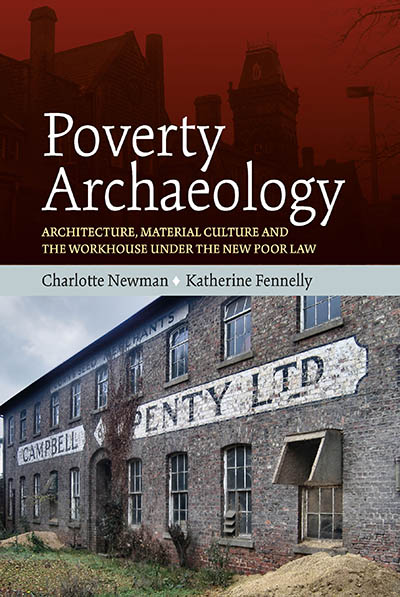 Published October 2023
Published October 2023 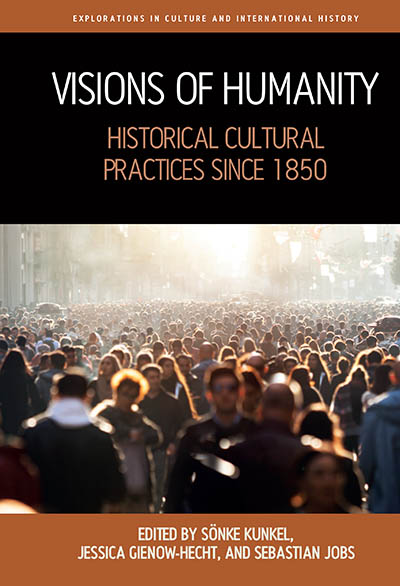 Published September 2023
Published September 2023 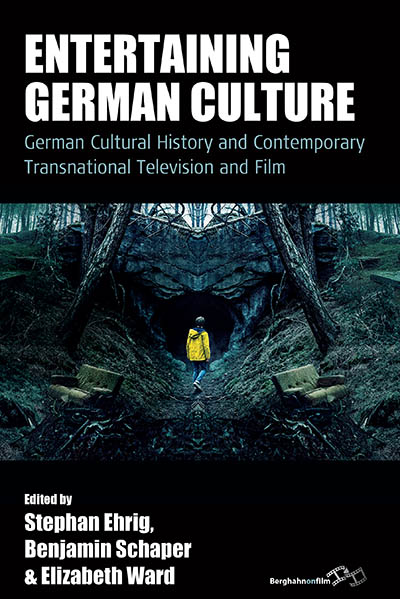 Published August 2023
Published August 2023 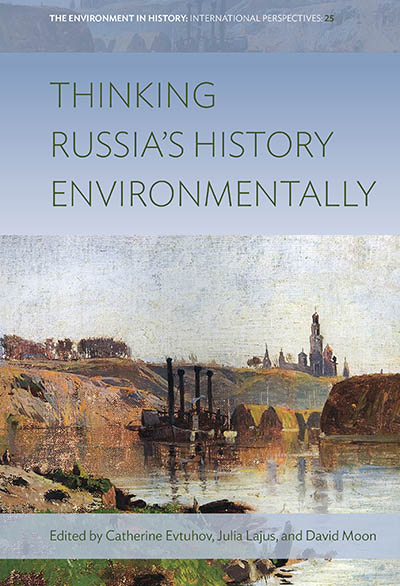 Published July 2023
Published July 2023 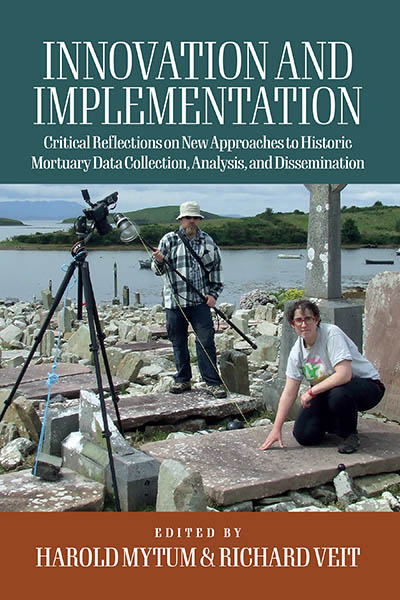 Published July 2023
Published July 2023 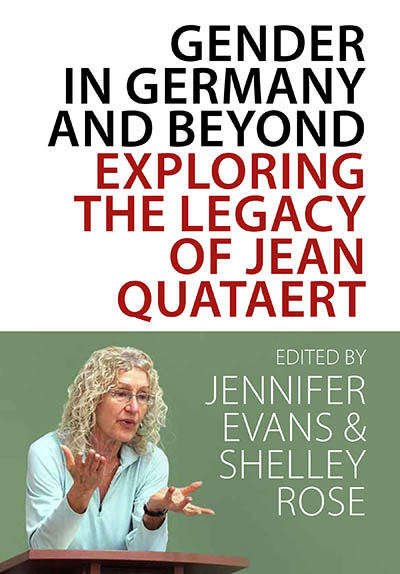 Published May 2023
Published May 2023 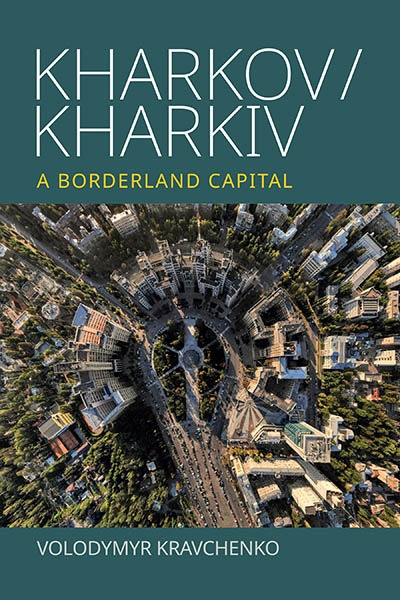 Published April 2023
Published April 2023 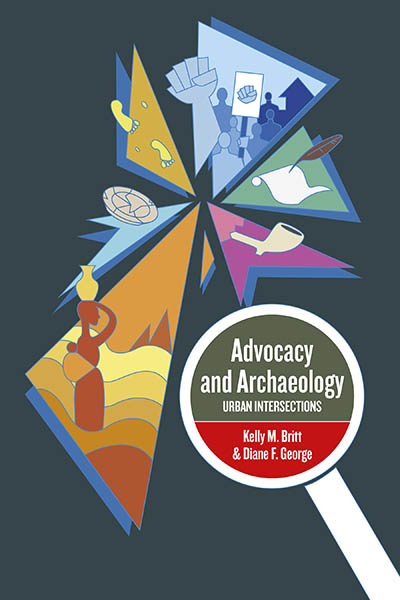 Published April 2023
Published April 2023 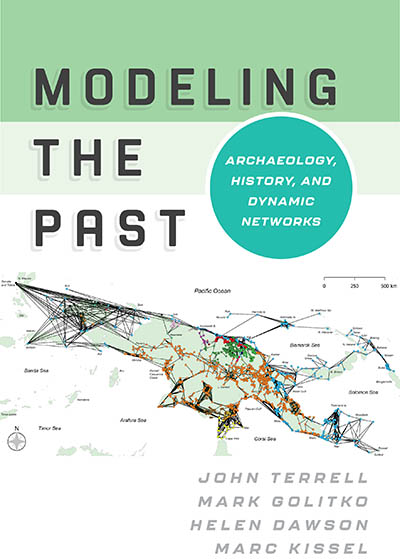 Published March 2023
Published March 2023 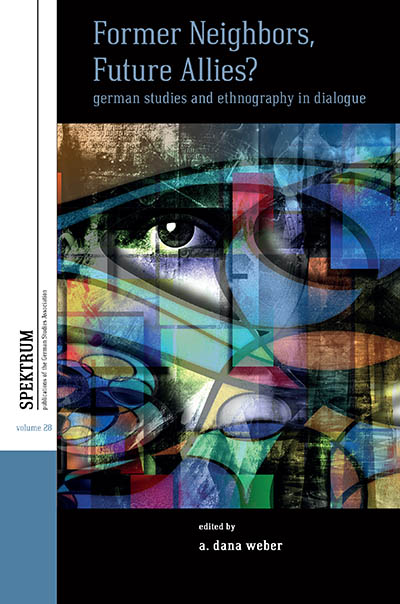 Published March 2023
Published March 2023 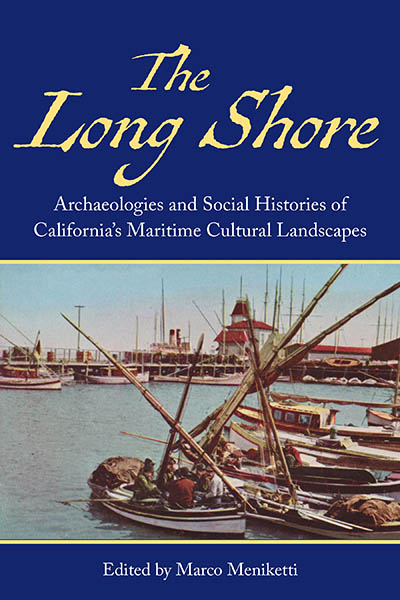 Published February 2023
Published February 2023  Published February 2023
Published February 2023 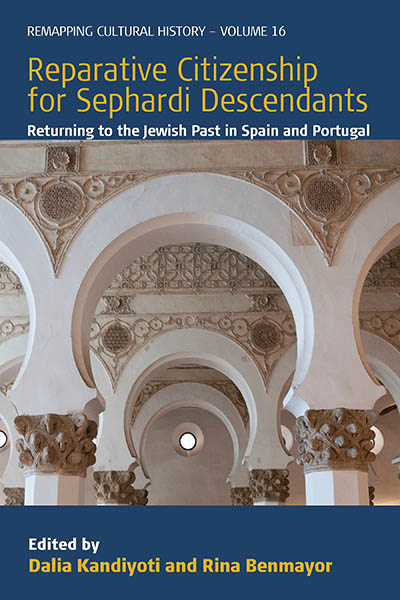 Published January 2023
Published January 2023 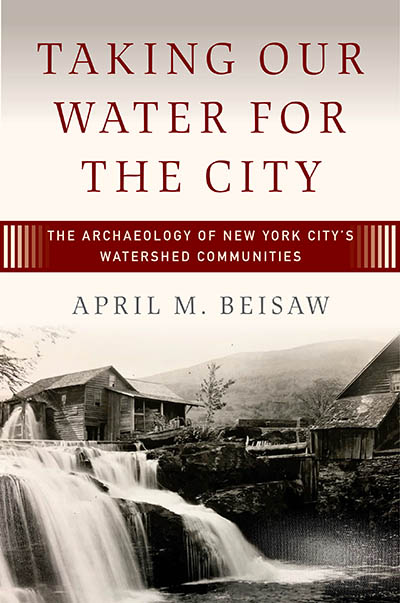 Published December 2022
Published December 2022 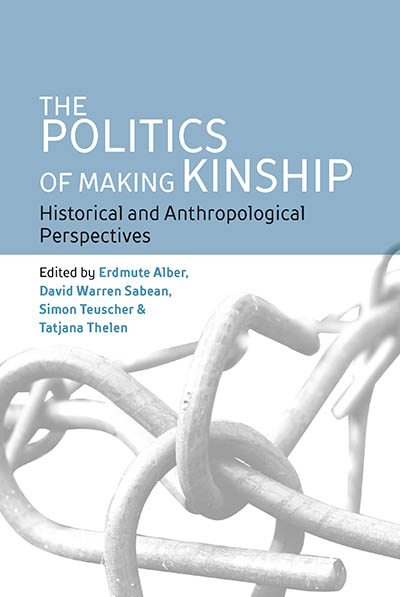 Published December 2022
Published December 2022 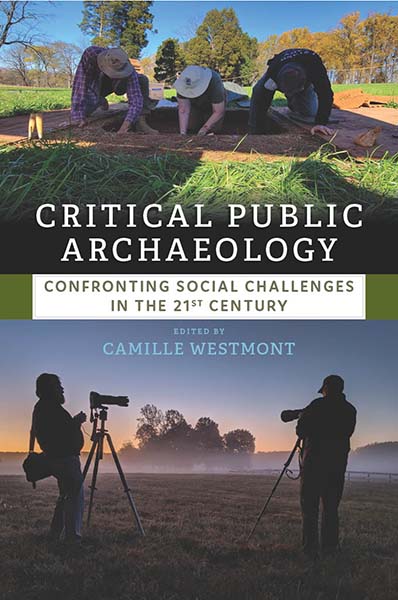 Published September 2022
Published September 2022 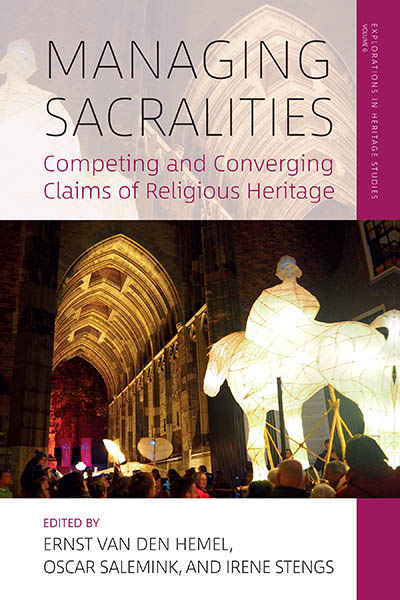 Published September 2022
Published September 2022 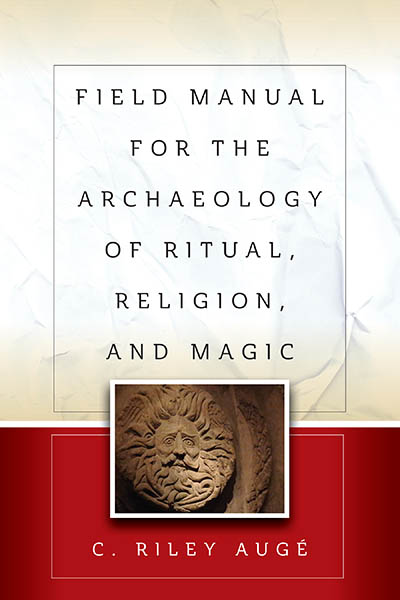 Published July 2022
Published July 2022 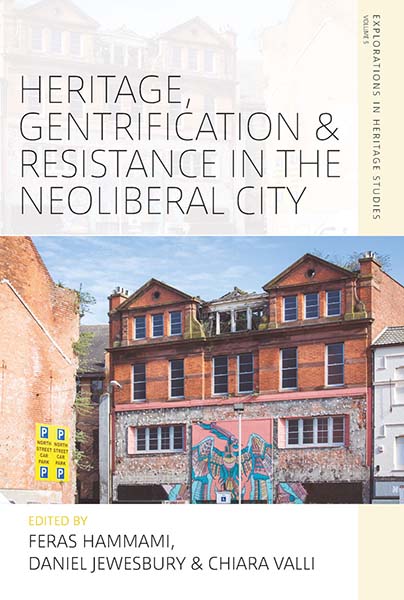 Published July 2022
Published July 2022 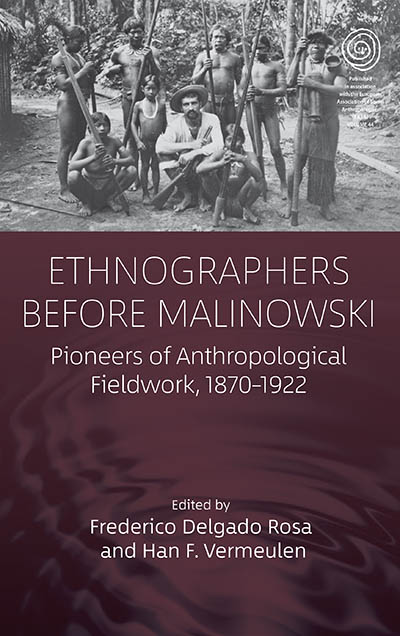 Published June 2022
Published June 2022 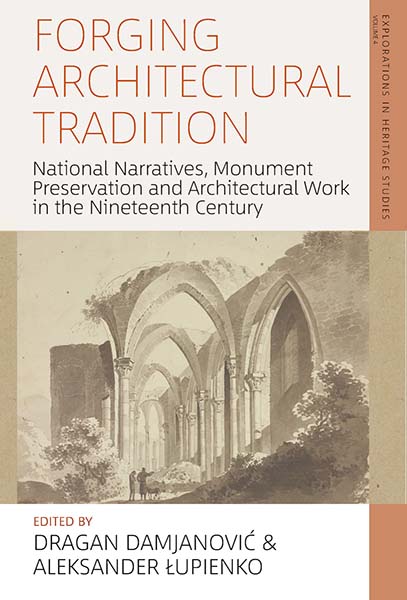 Published March 2022
Published March 2022 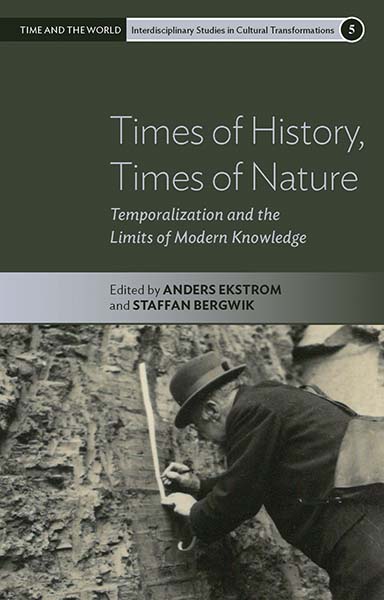 Published February 2022
Published February 2022 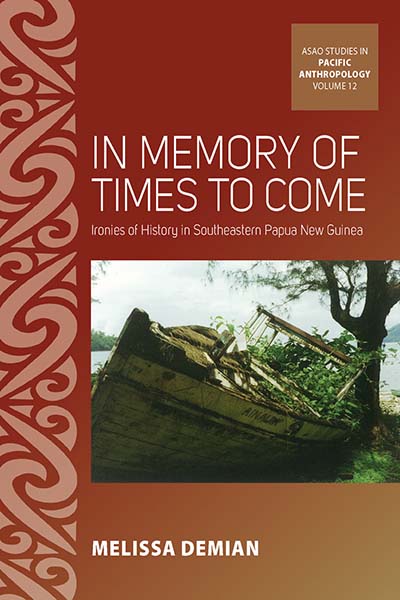 Published June 2021
Published June 2021 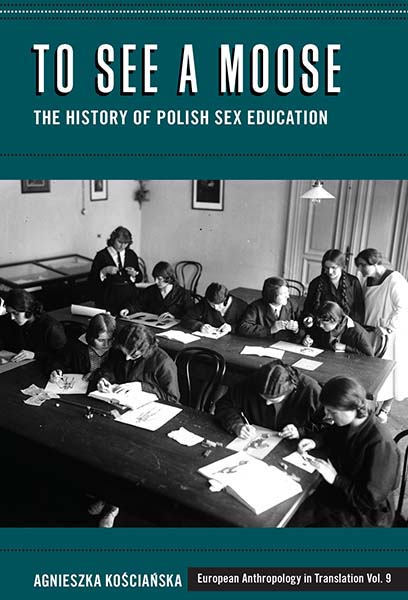 Published May 2021
Published May 2021 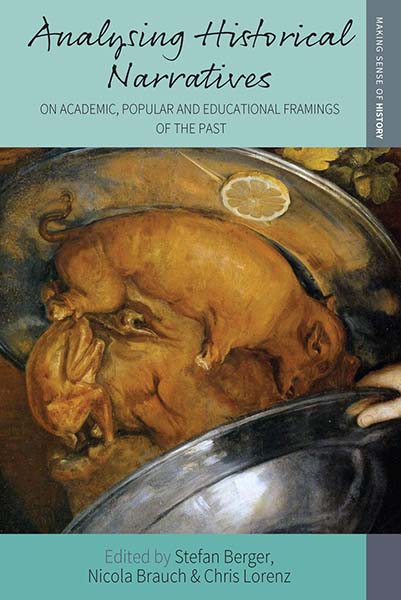 Published May 2021
Published May 2021 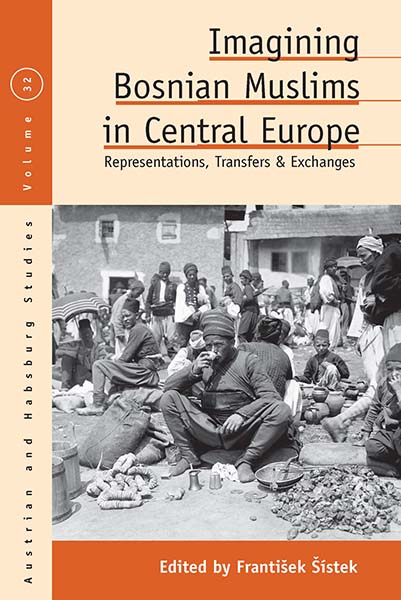 Published January 2021
Published January 2021 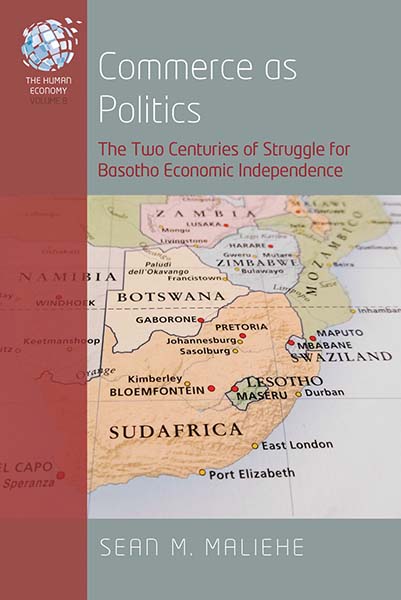 Published January 2021
Published January 2021 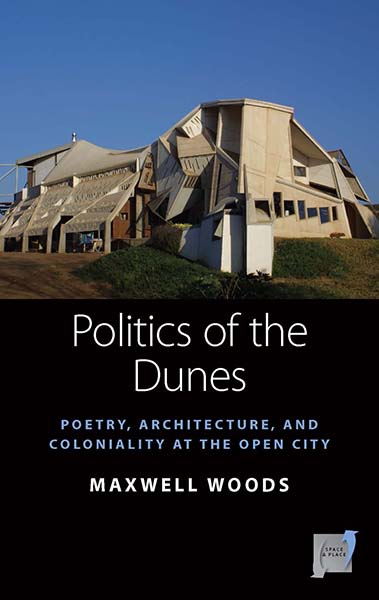 Published November 2020
Published November 2020 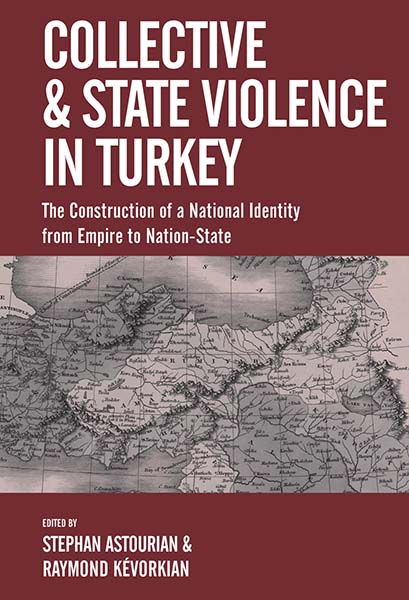 Published November 2020
Published November 2020 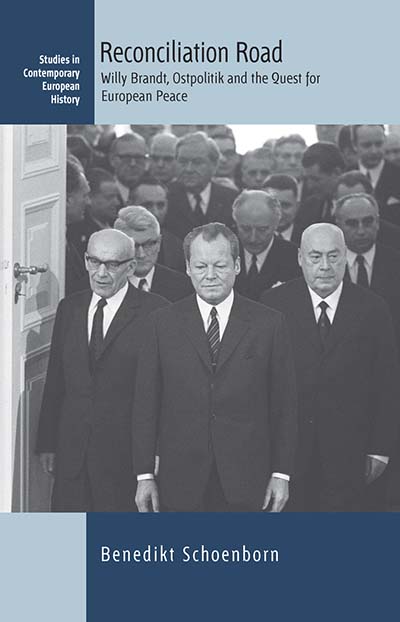 Published September 2020
Published September 2020 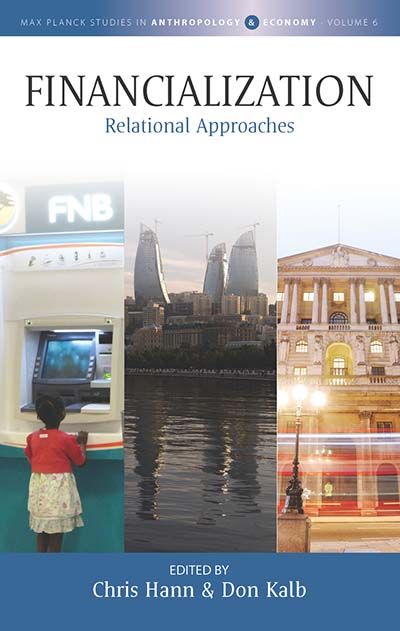 Published August 2020
Published August 2020 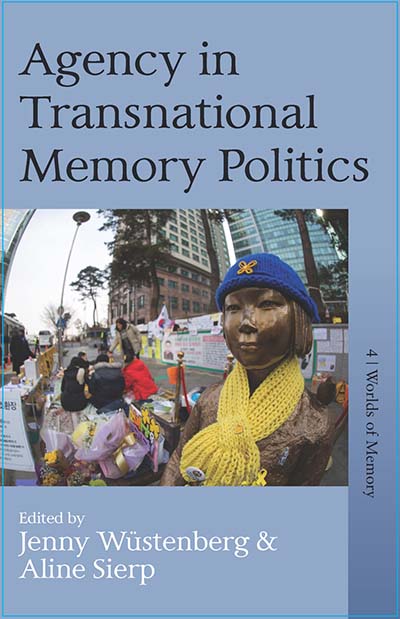 Published July 2020
Published July 2020 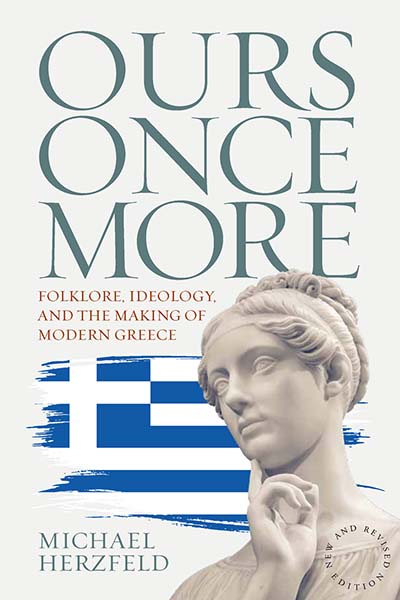 Published June 2020
Published June 2020  Published June 2020
Published June 2020  Published June 2020
Published June 2020 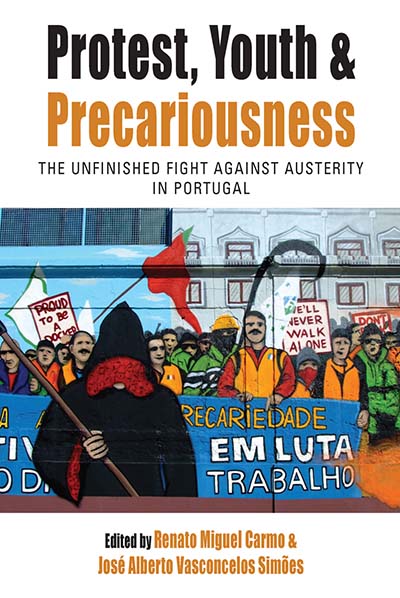 Published April 2020
Published April 2020 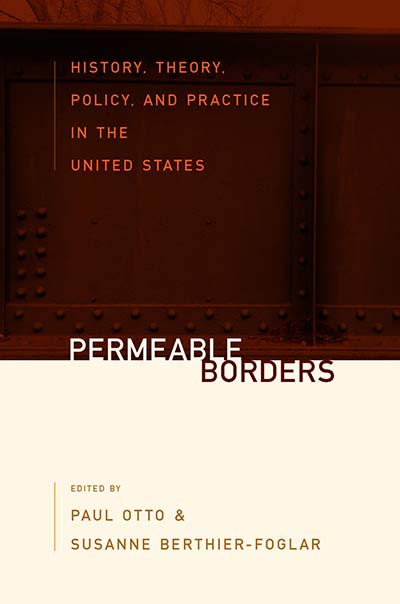 Published April 2020
Published April 2020 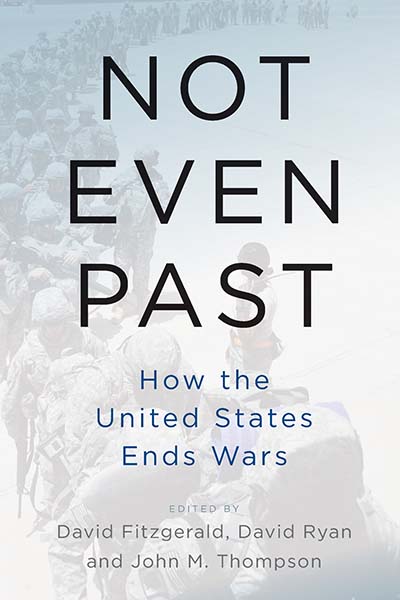 Published March 2020
Published March 2020 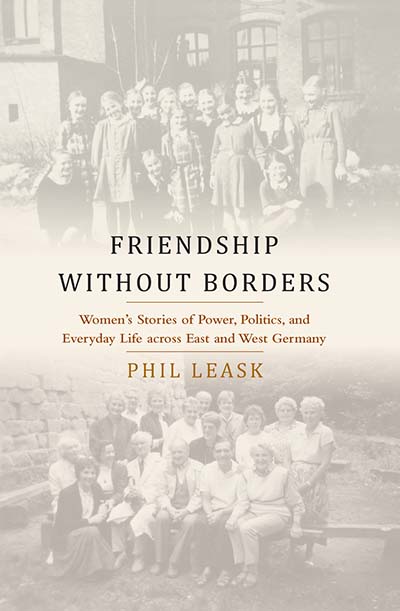 Published March 2020
Published March 2020 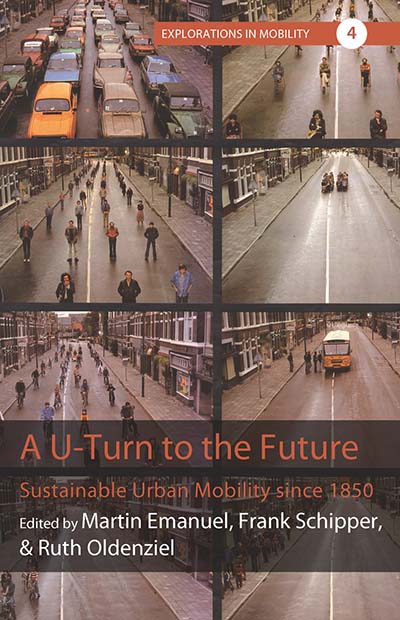 Published February 2020
Published February 2020 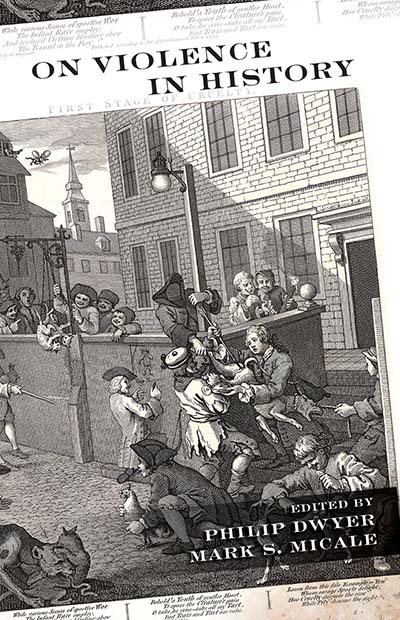 Published January 2020
Published January 2020 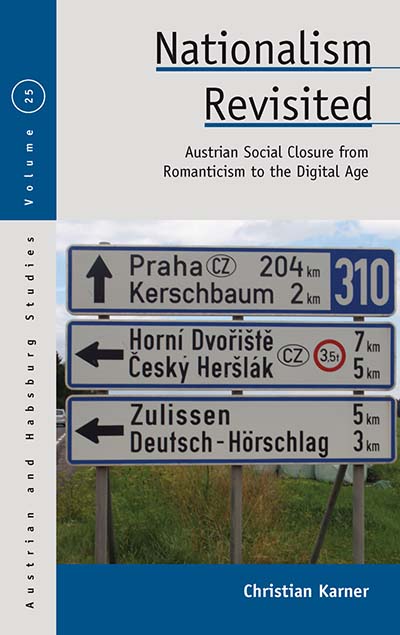 Published December 2019
Published December 2019 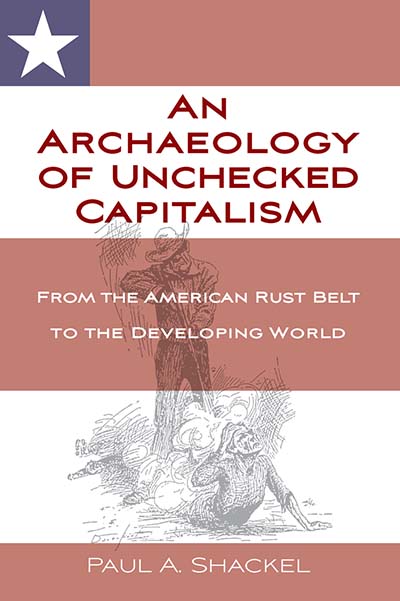 Published December 2019
Published December 2019 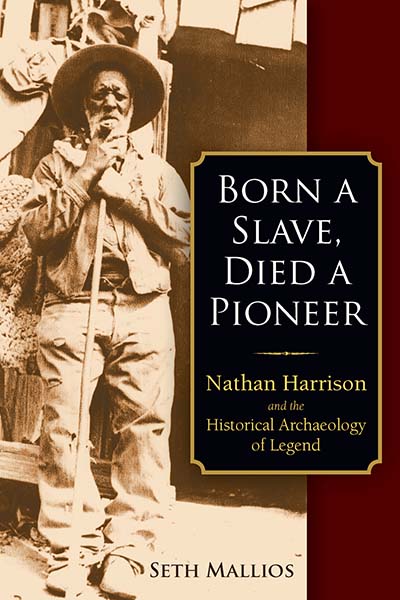 Published November 2019
Published November 2019 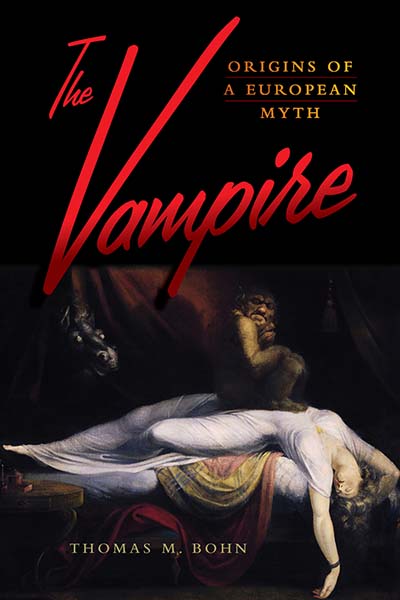 Published September 2019
Published September 2019 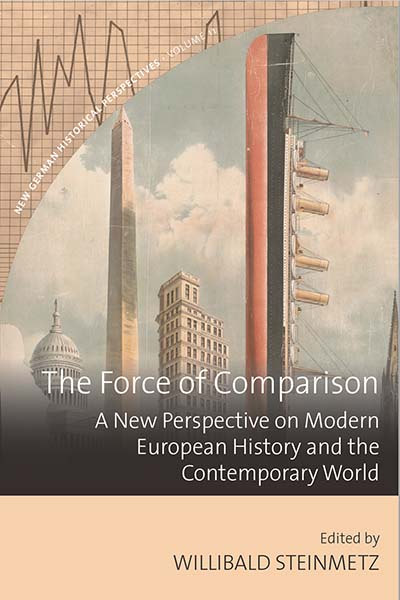 Published September 2019
Published September 2019  Published August 2019
Published August 2019  Published August 2019
Published August 2019 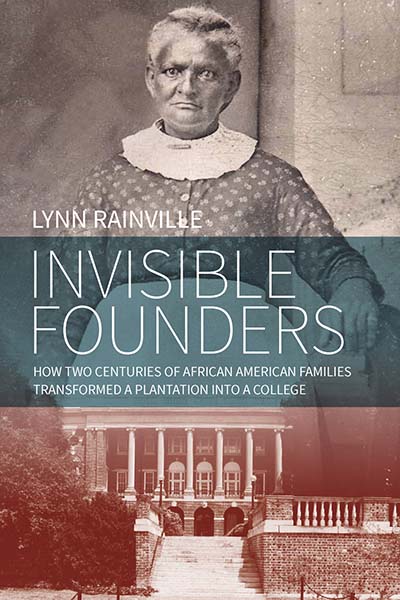 Published June 2019
Published June 2019 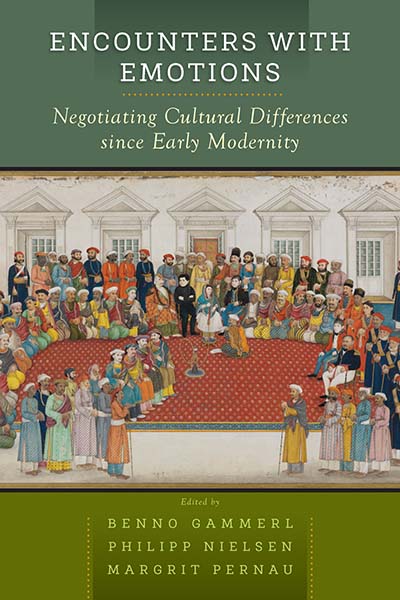 Published June 2019
Published June 2019 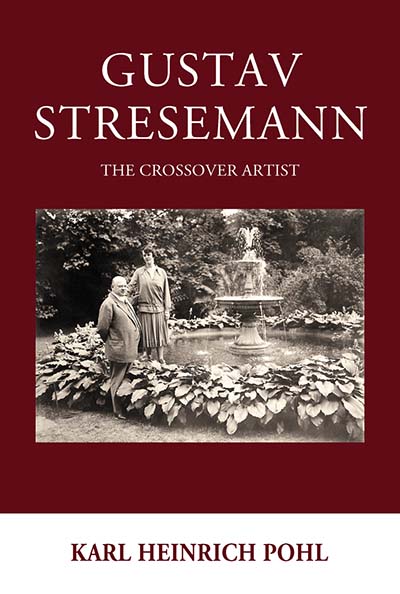 Published May 2019
Published May 2019 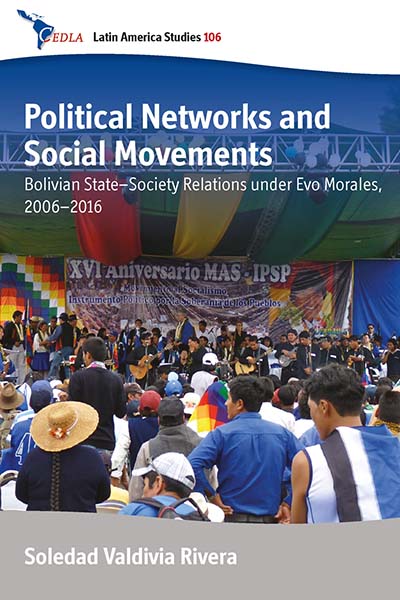 Published May 2019
Published May 2019 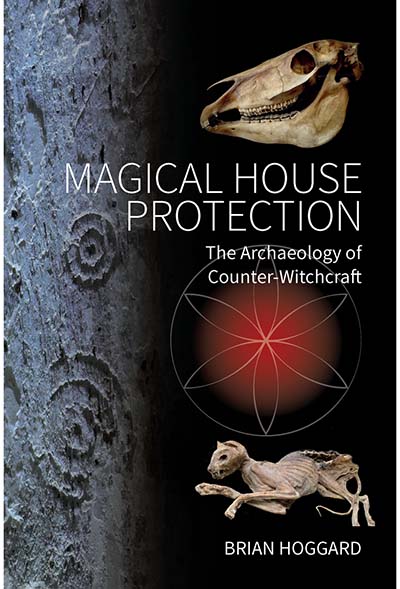 Published April 2019
Published April 2019 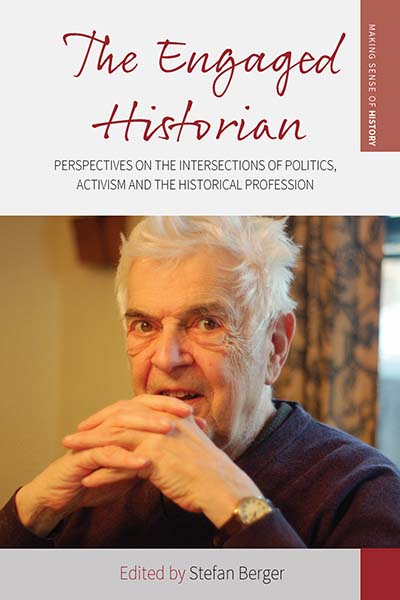 Published April 2019
Published April 2019 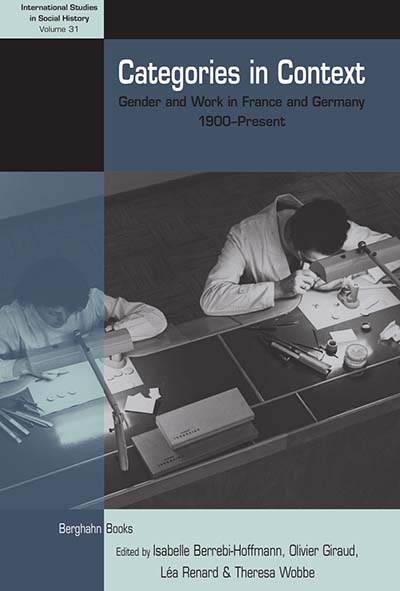 Published March 2019
Published March 2019 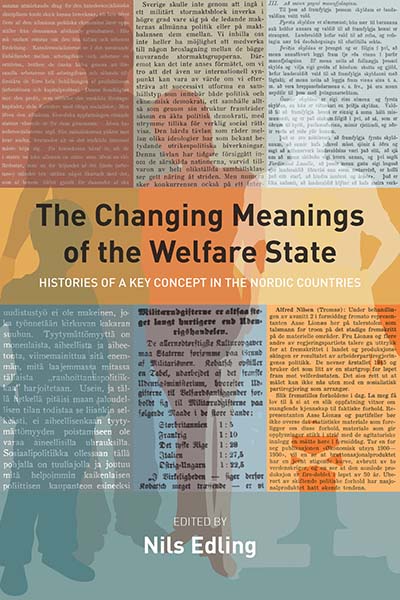 Published January 2019
Published January 2019 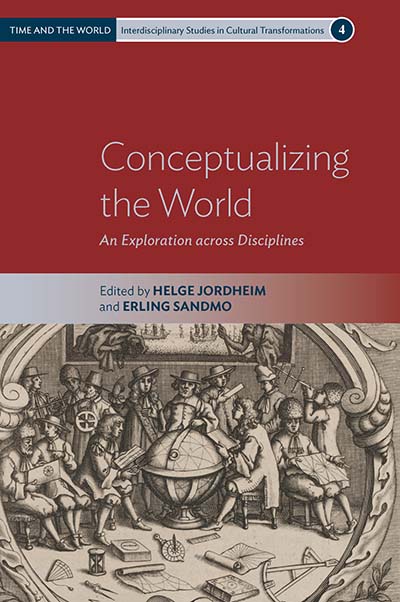 Published December 2018
Published December 2018  Published December 2018
Published December 2018 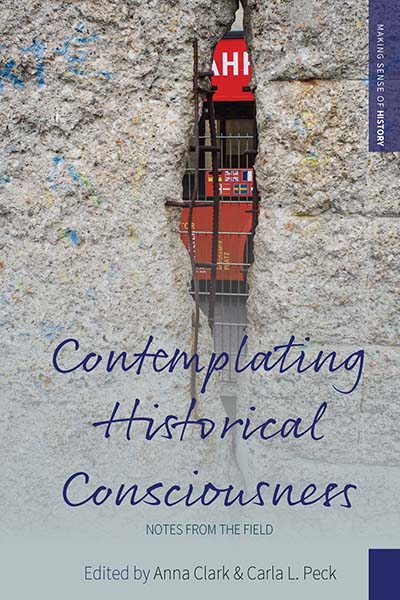 Published December 2018
Published December 2018 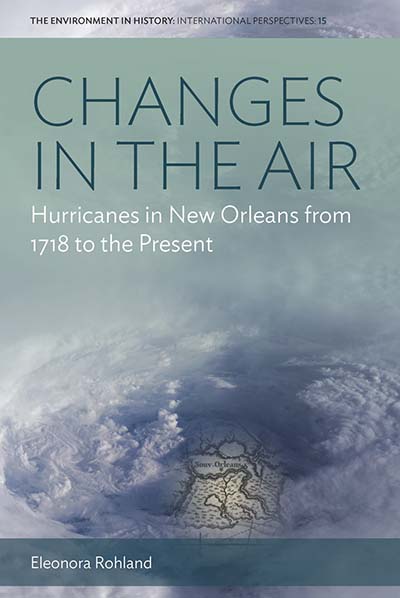 Published October 2018
Published October 2018 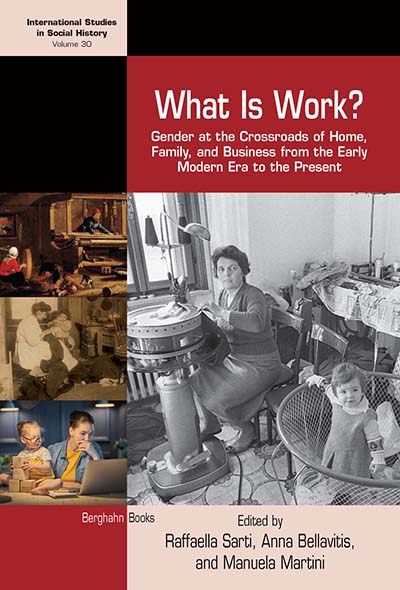 Published September 2018
Published September 2018 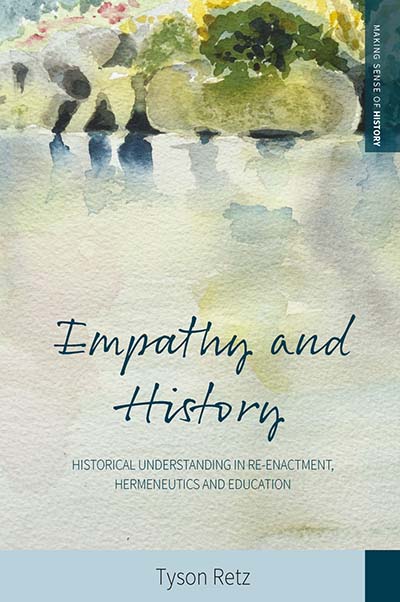 Published July 2018
Published July 2018 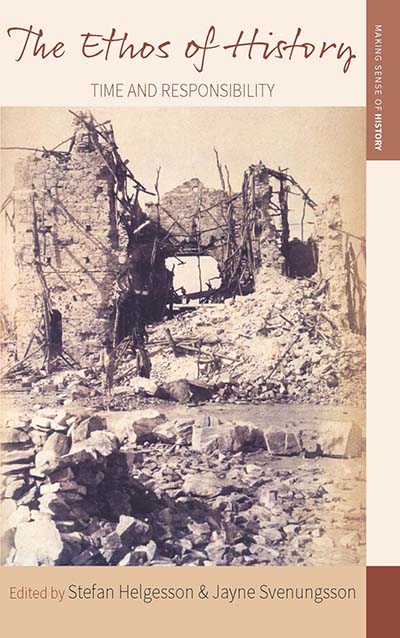 Published June 2018
Published June 2018 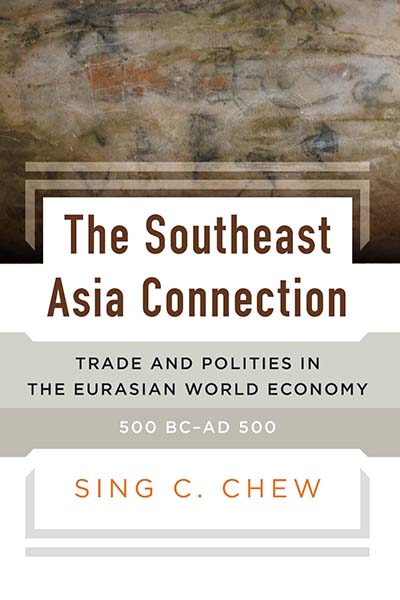 Published March 2018
Published March 2018 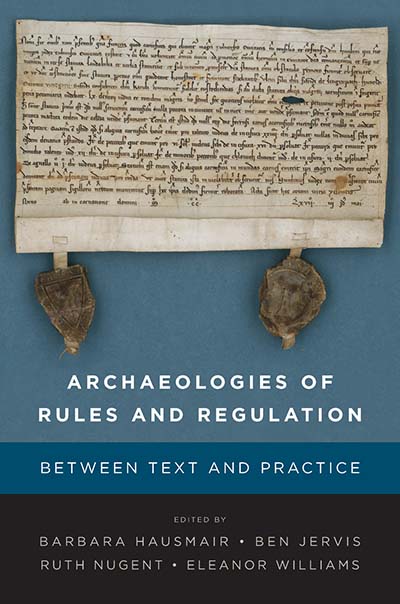 Published January 2018
Published January 2018 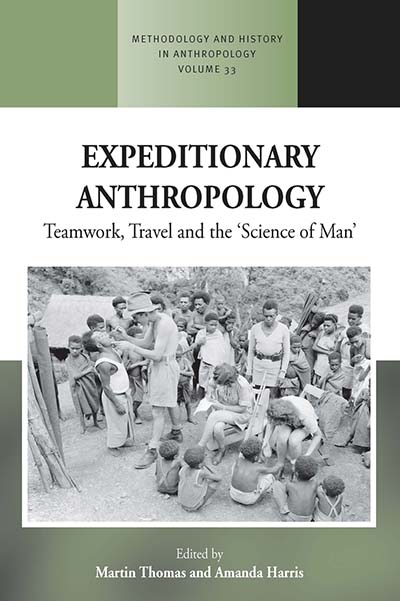 Published January 2018
Published January 2018 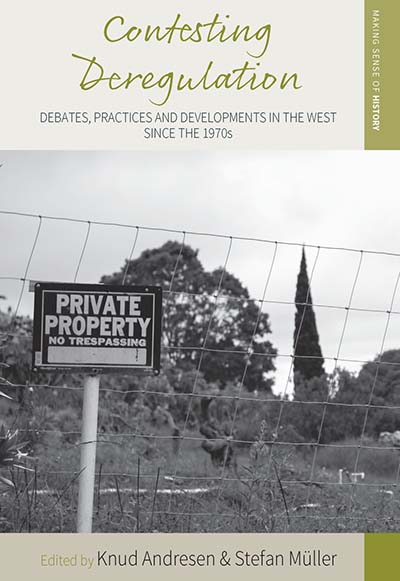 Published September 2017
Published September 2017 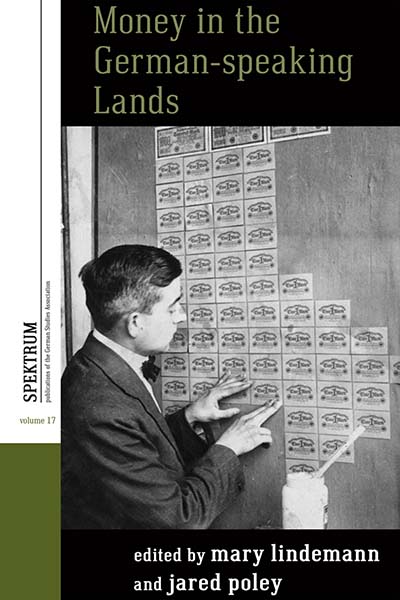 Published August 2017
Published August 2017 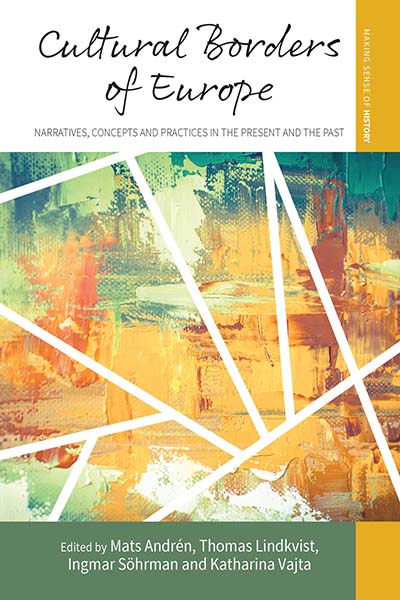 Published August 2017
Published August 2017 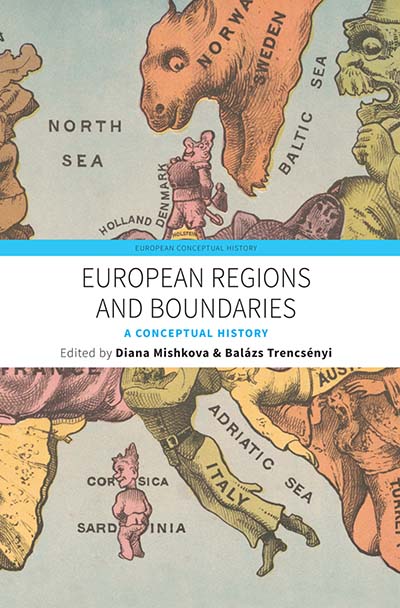 Published July 2017
Published July 2017 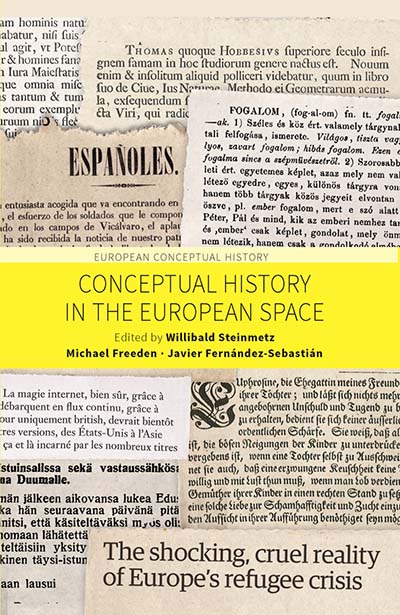 Published June 2017
Published June 2017 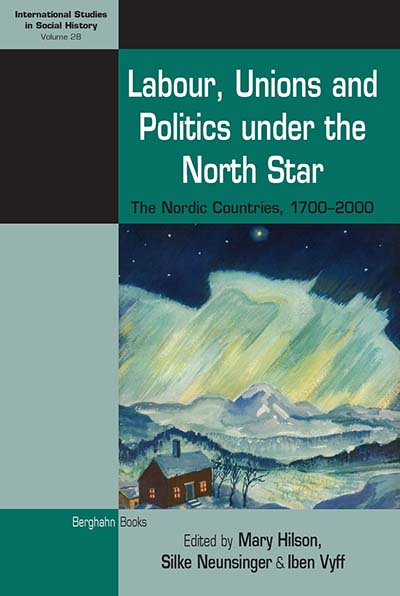 Published May 2017
Published May 2017  Published May 2017
Published May 2017 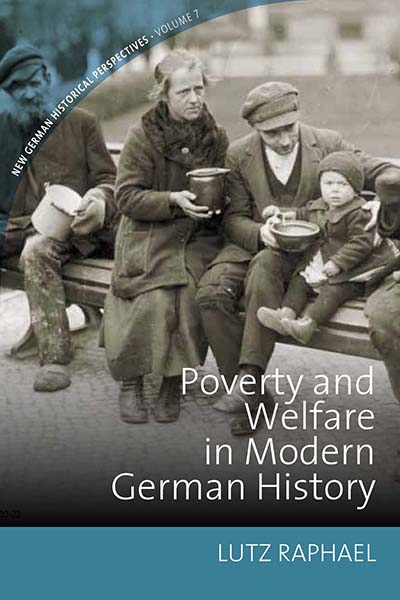 Published December 2016
Published December 2016  Published December 2016
Published December 2016 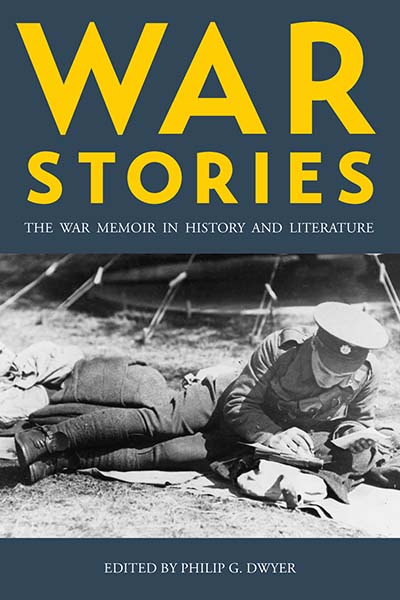 Published November 2016
Published November 2016 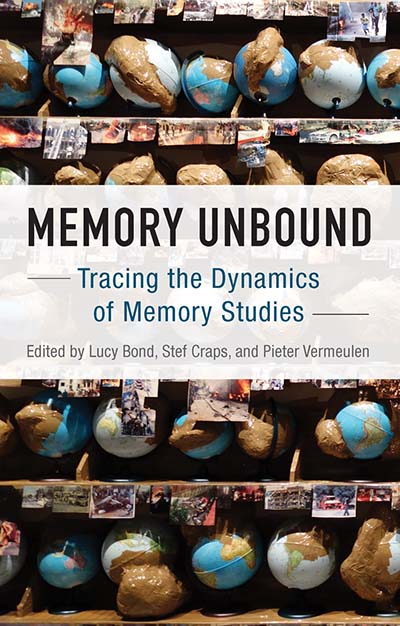 Published November 2016
Published November 2016 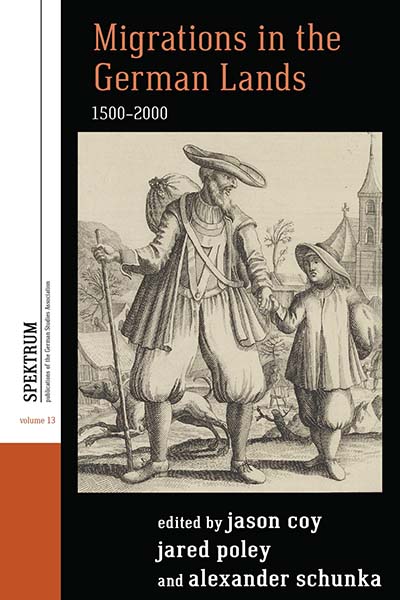 Published September 2016
Published September 2016 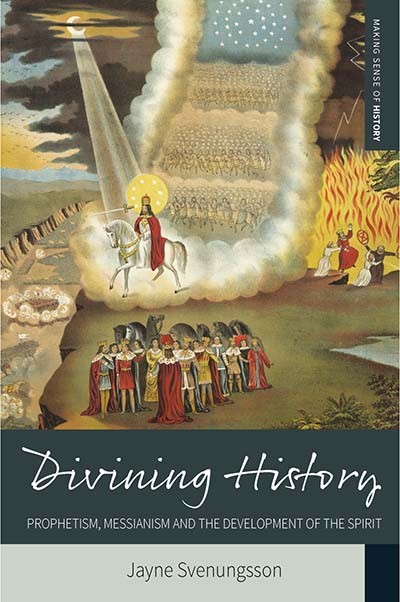 Published August 2016
Published August 2016 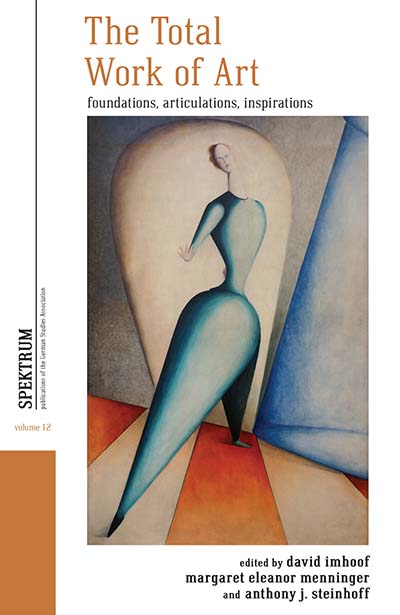 Published July 2016
Published July 2016 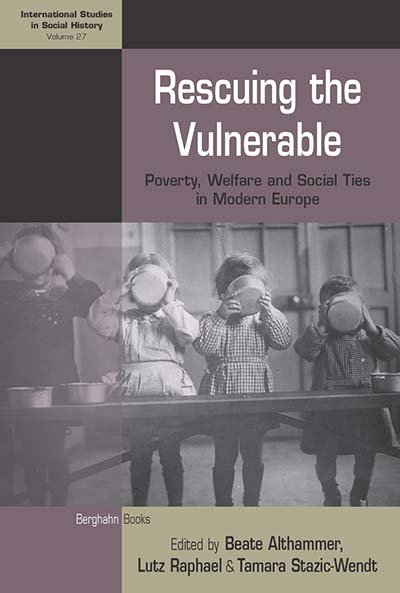 Published May 2016
Published May 2016 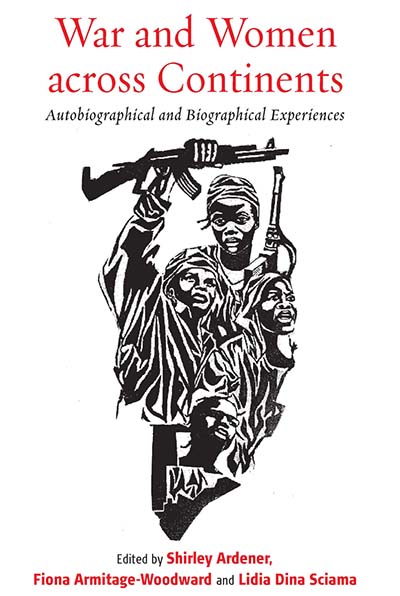 Published February 2016
Published February 2016 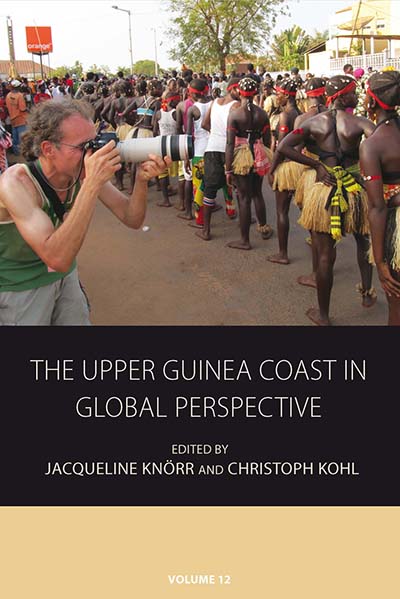 Published February 2016
Published February 2016 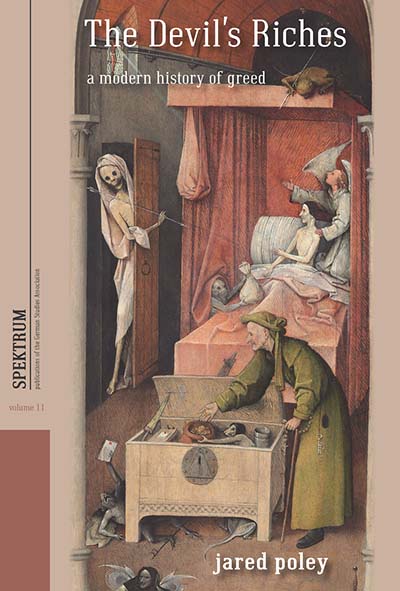 Published February 2016
Published February 2016 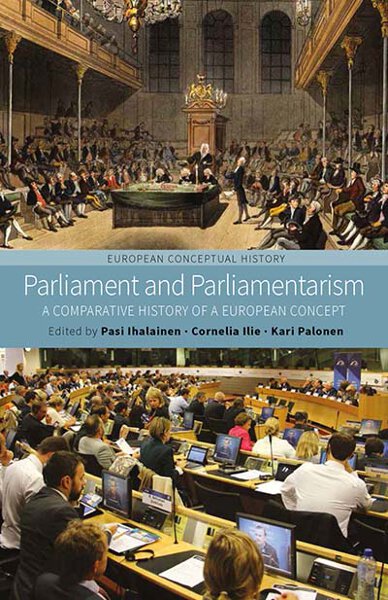 Published January 2016
Published January 2016 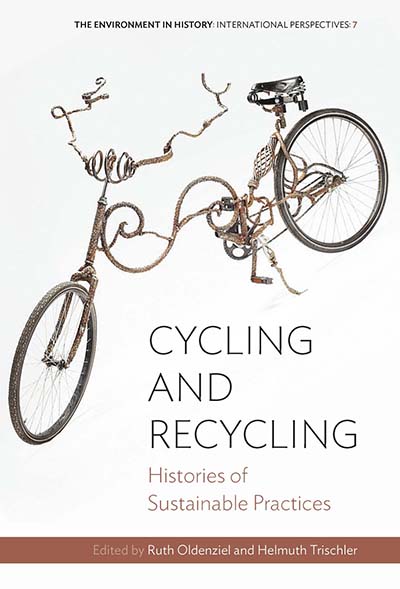 Published December 2015
Published December 2015  Published June 2014
Published June 2014 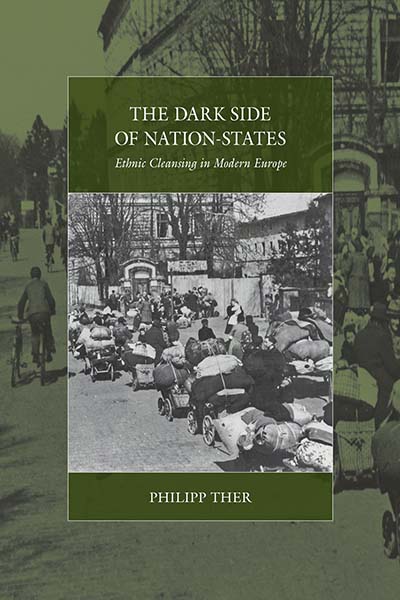 Published May 2014
Published May 2014 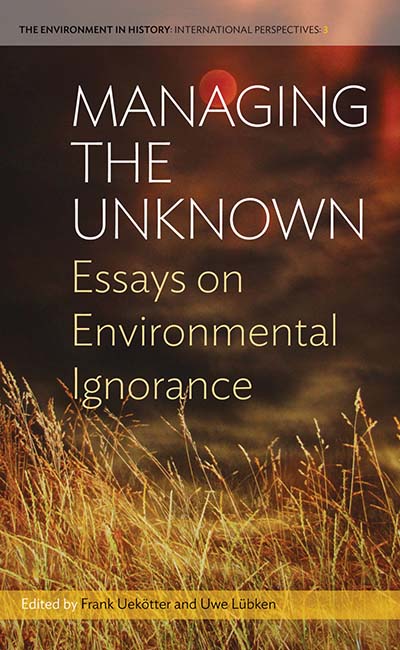 Published March 2014
Published March 2014 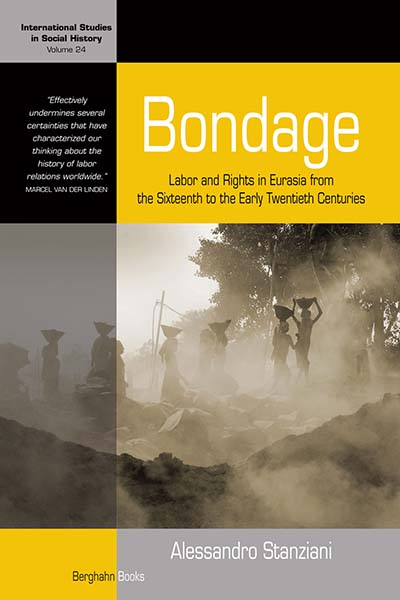 Published January 2014
Published January 2014  Published December 2013
Published December 2013 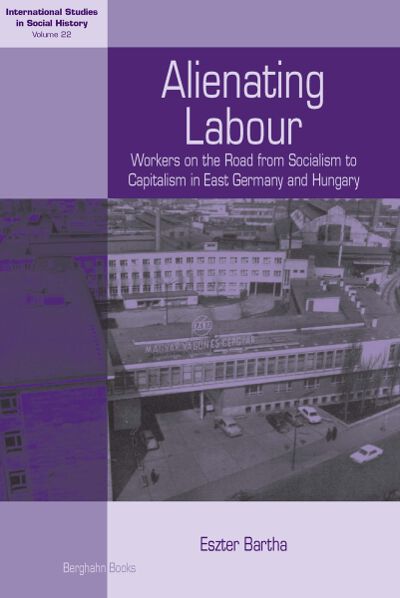 Published November 2013
Published November 2013 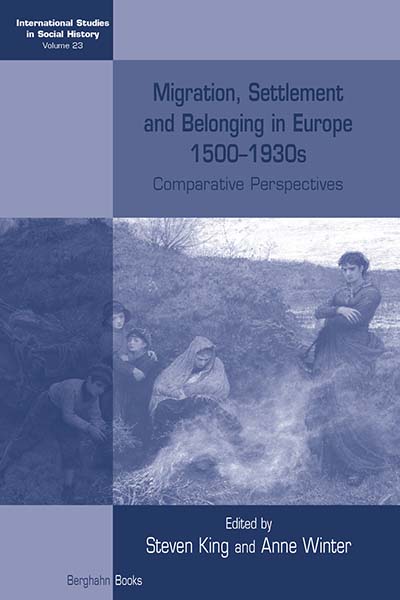 Published November 2013
Published November 2013 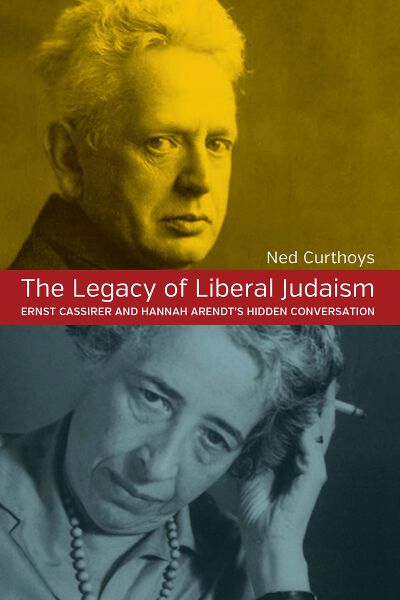 Published October 2013
Published October 2013 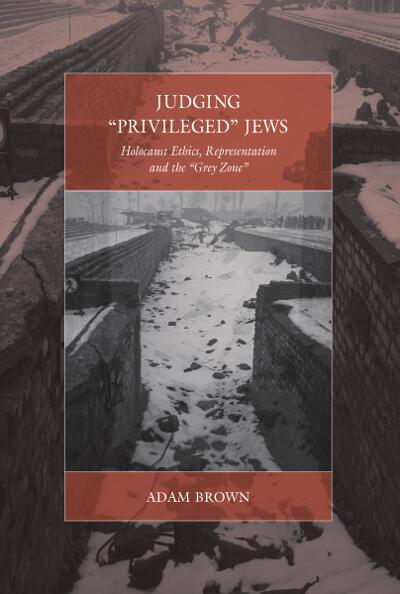 Published July 2013
Published July 2013 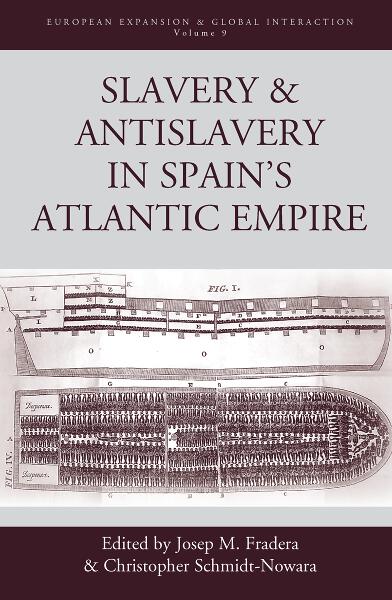 Published June 2013
Published June 2013 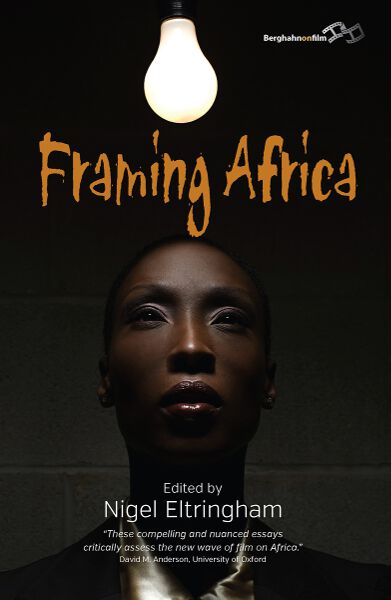 Published June 2013
Published June 2013 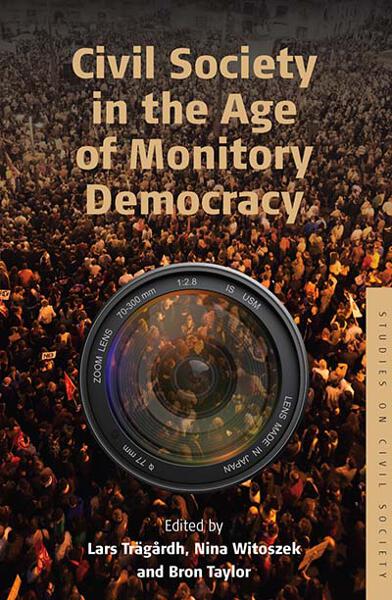 Published May 2013
Published May 2013 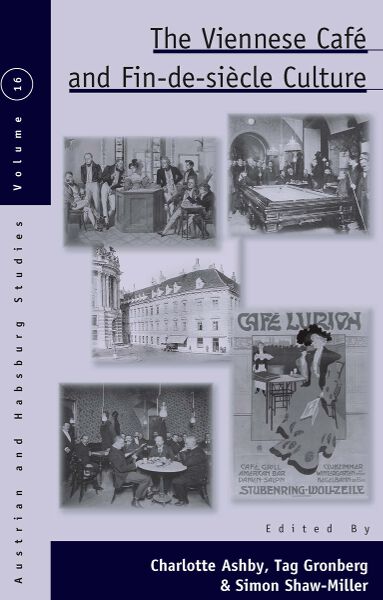 Published January 2013
Published January 2013 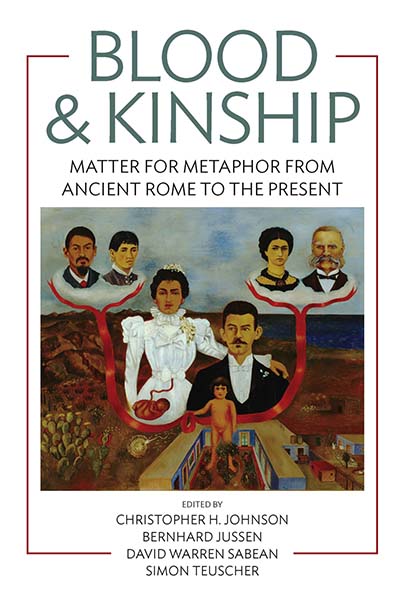 Published January 2013
Published January 2013 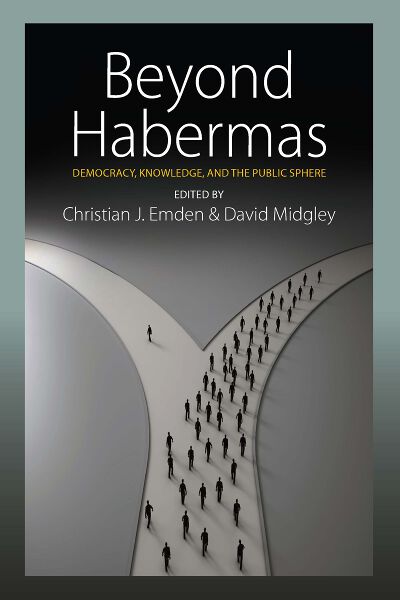 Published November 2012
Published November 2012  Published November 2012
Published November 2012 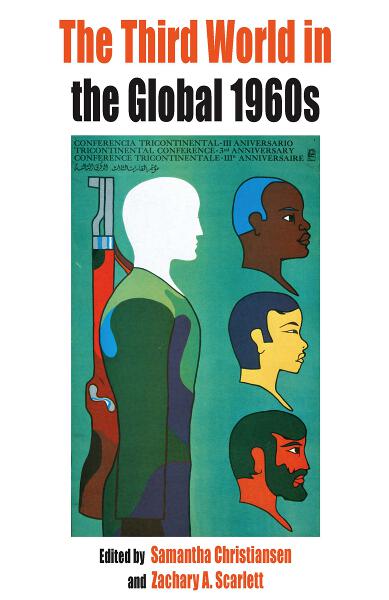 Published November 2012
Published November 2012 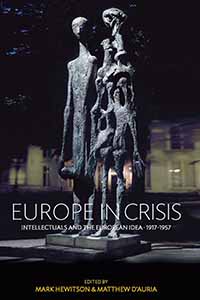 Published October 2012
Published October 2012 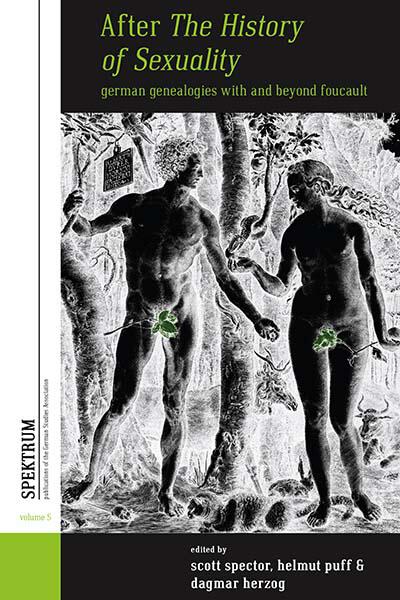 Published July 2012
Published July 2012 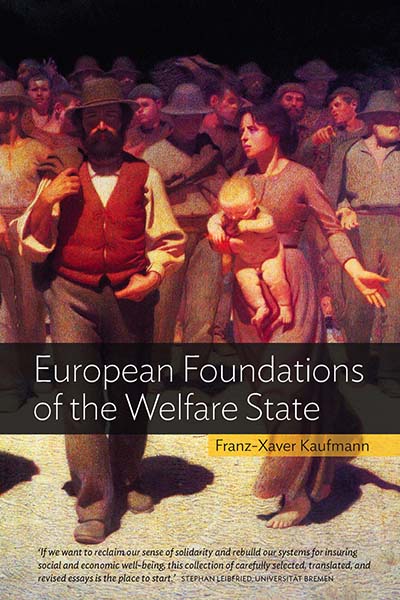 Published June 2012
Published June 2012  Published June 2012
Published June 2012  Published June 2012
Published June 2012  Published June 2012
Published June 2012  Published May 2012
Published May 2012  Published May 2012
Published May 2012 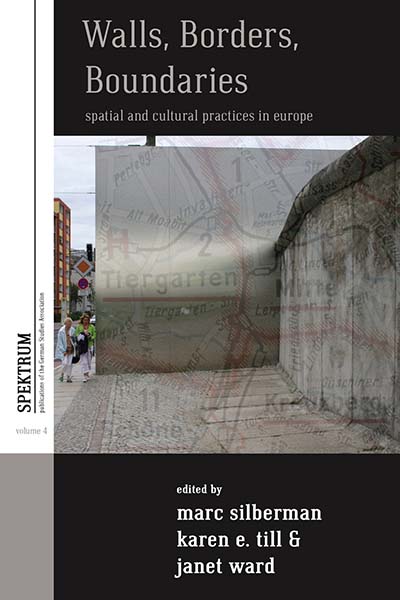 Published May 2012
Published May 2012 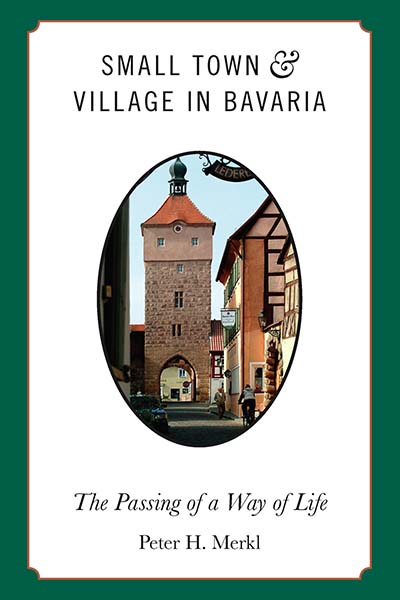 Published April 2012
Published April 2012 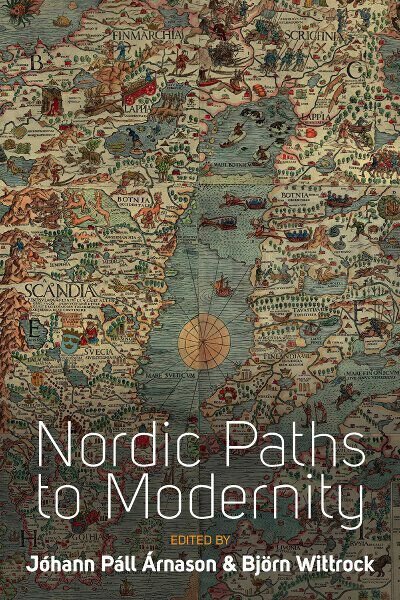 Published February 2012
Published February 2012 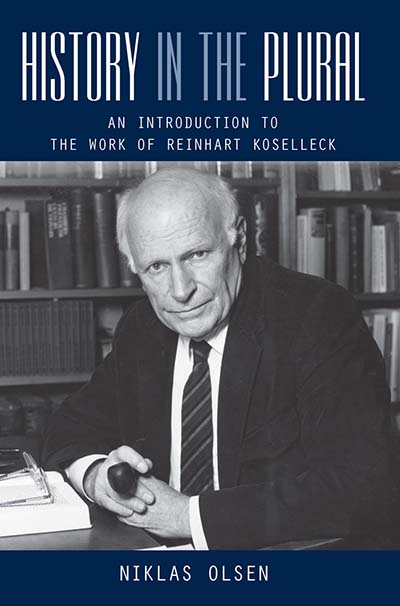 Published January 2012
Published January 2012 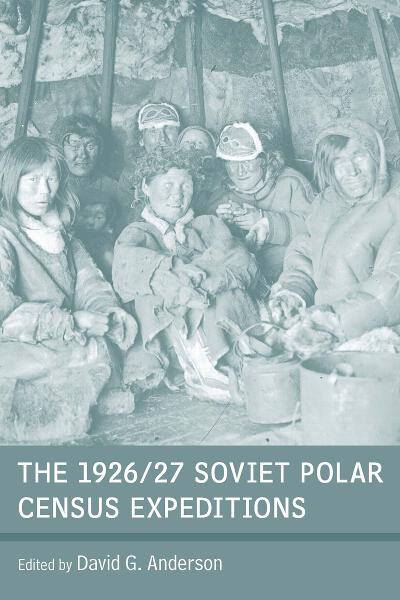 Published May 2011
Published May 2011 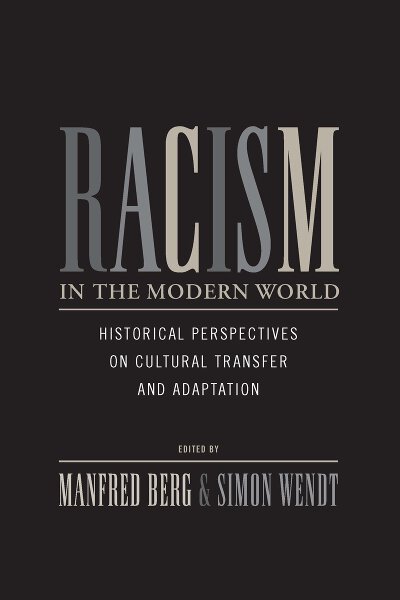 Published April 2011
Published April 2011  Published March 2011
Published March 2011 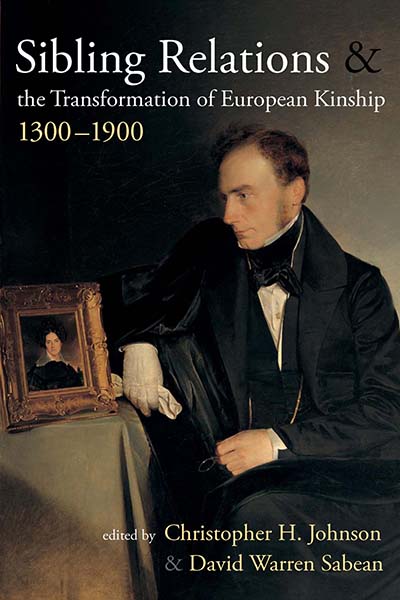 Published March 2011
Published March 2011 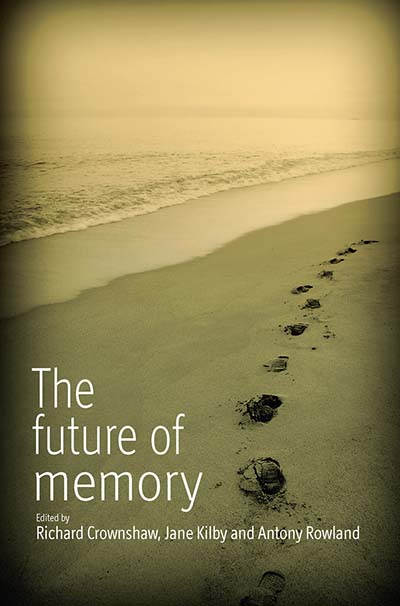 Published November 2010
Published November 2010 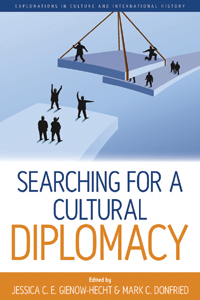 Published November 2010
Published November 2010  Published July 2010
Published July 2010 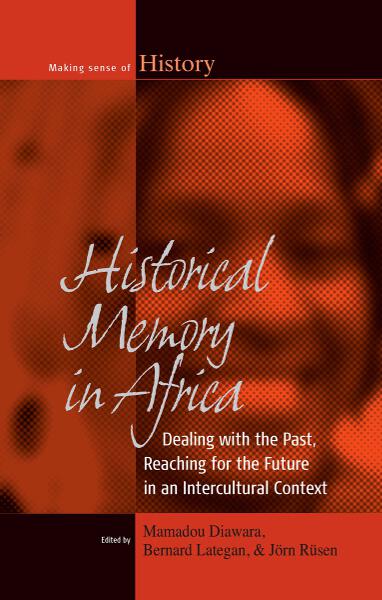 Published June 2010
Published June 2010 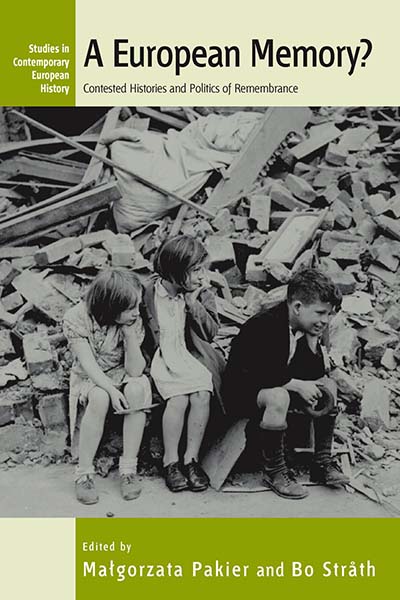 Published April 2010
Published April 2010 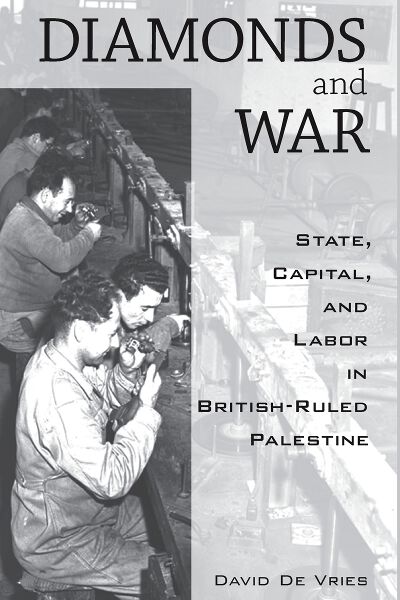 Published April 2010
Published April 2010 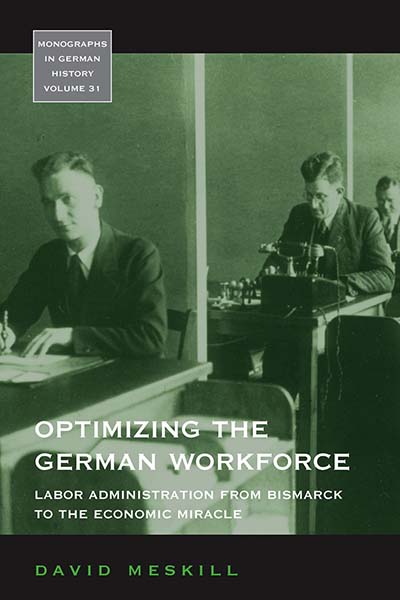 Published April 2010
Published April 2010 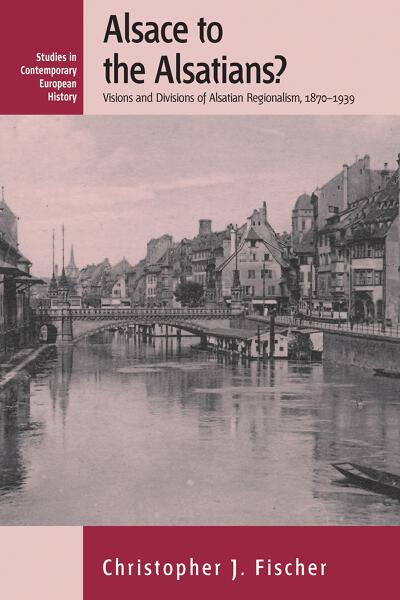 Published March 2010
Published March 2010 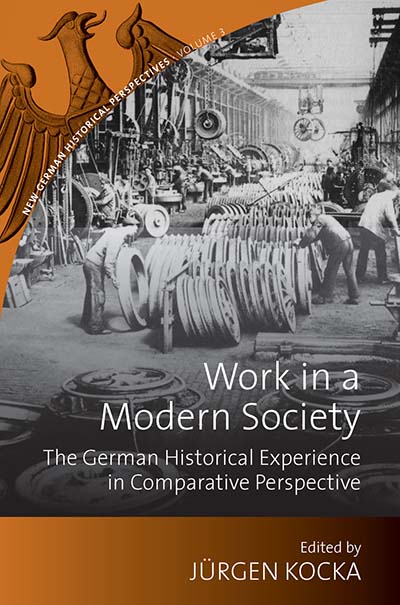 Published February 2010
Published February 2010 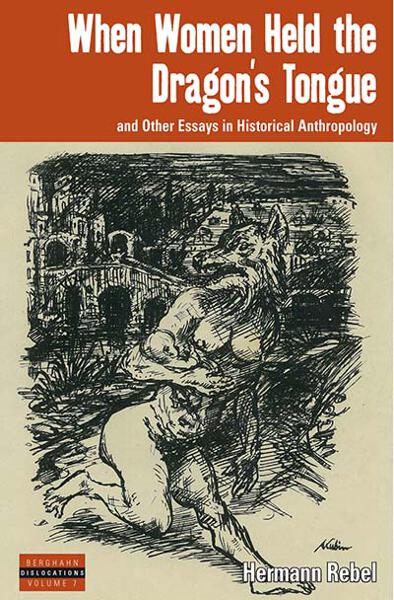 Published February 2010
Published February 2010 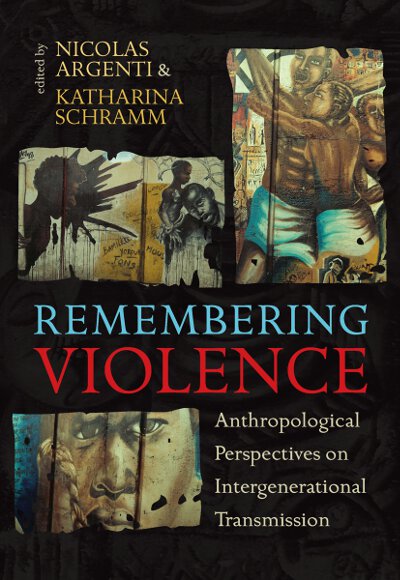 Published December 2009
Published December 2009 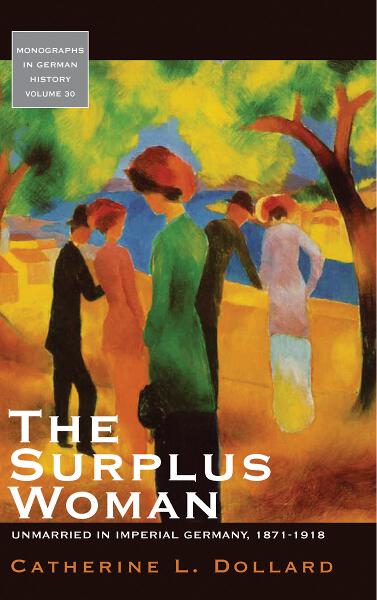 Published October 2009
Published October 2009 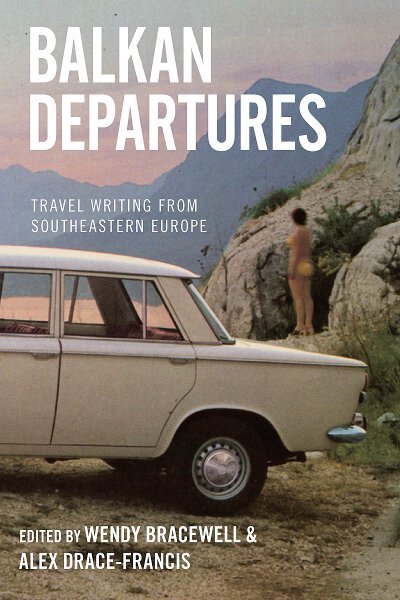 Published May 2009
Published May 2009 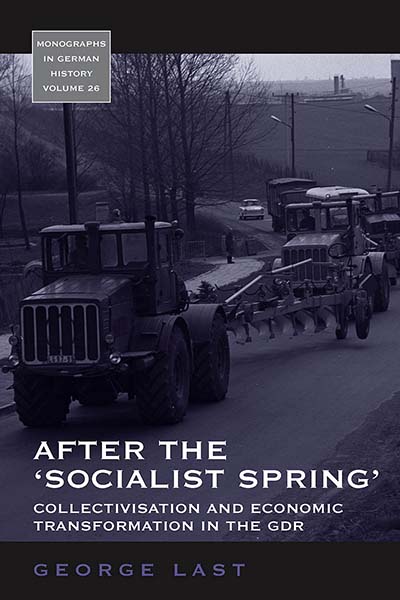 Published March 2009
Published March 2009 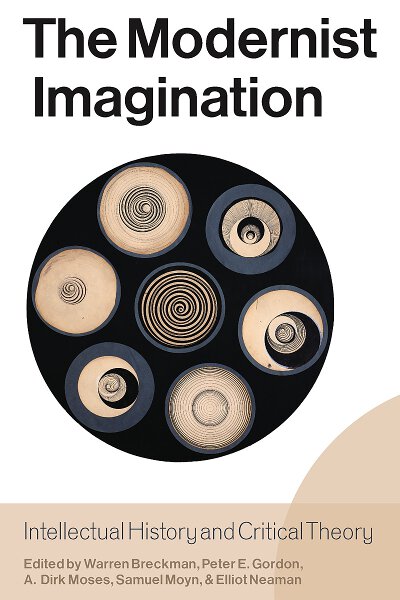 Published December 2008
Published December 2008 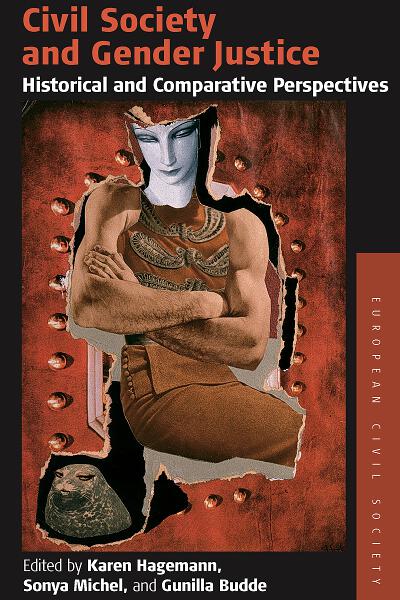 Published October 2008
Published October 2008 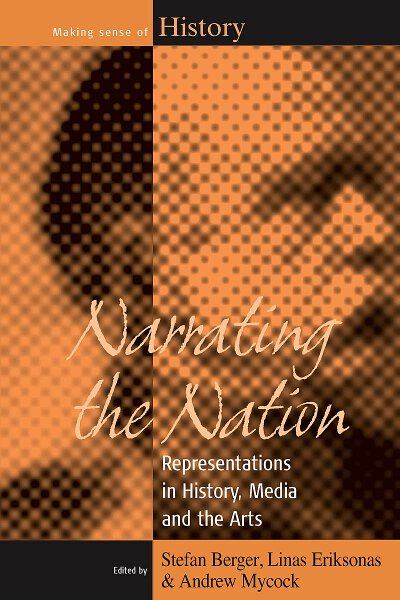 Published October 2008
Published October 2008 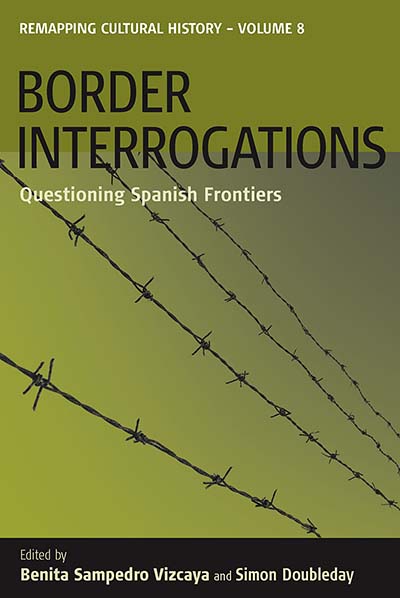 Published May 2008
Published May 2008 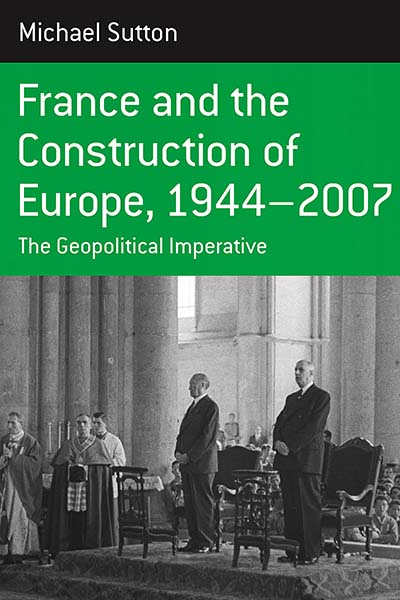 Published December 2007
Published December 2007 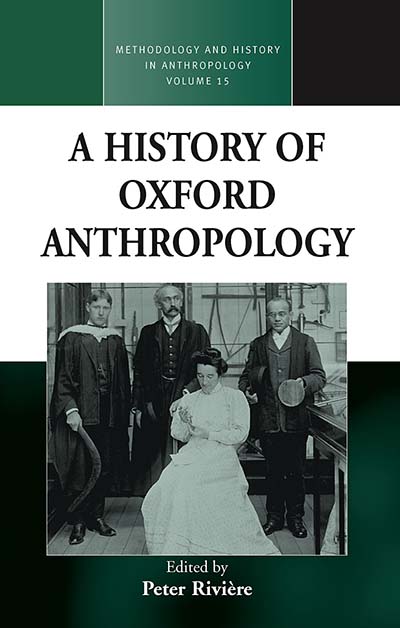 Published November 2007
Published November 2007 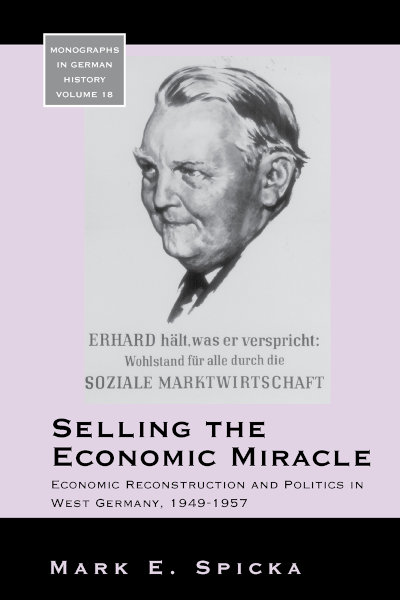 Published August 2007
Published August 2007 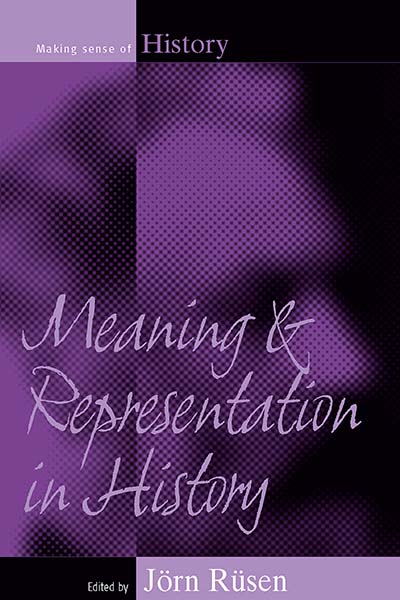 Published August 2006
Published August 2006 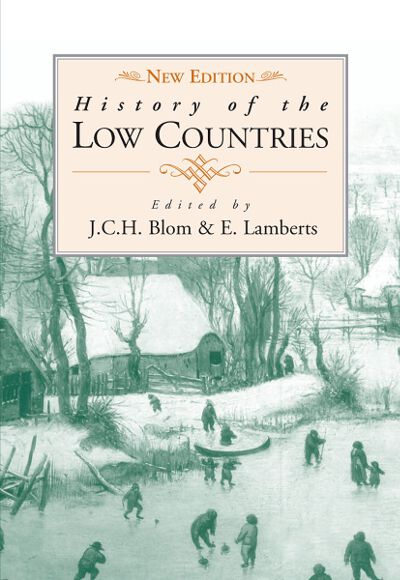 Published June 2006
Published June 2006 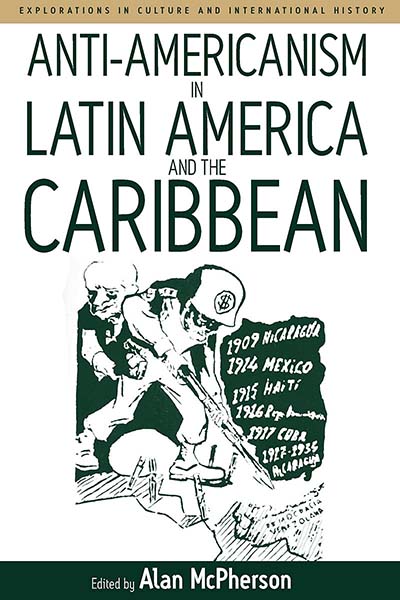 Published March 2006
Published March 2006 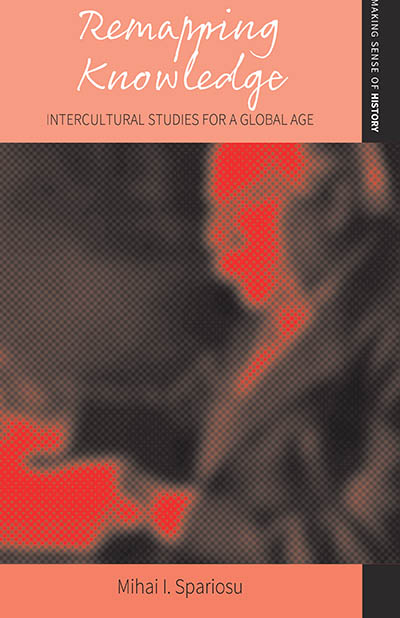 Published March 2006
Published March 2006  Published May 1998
Published May 1998